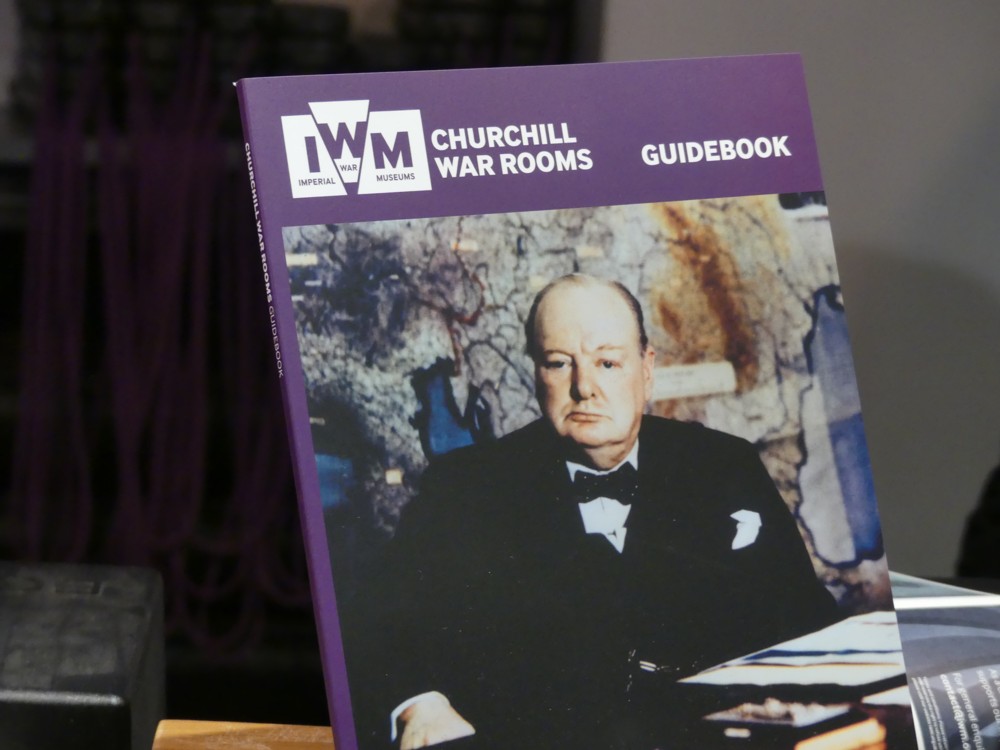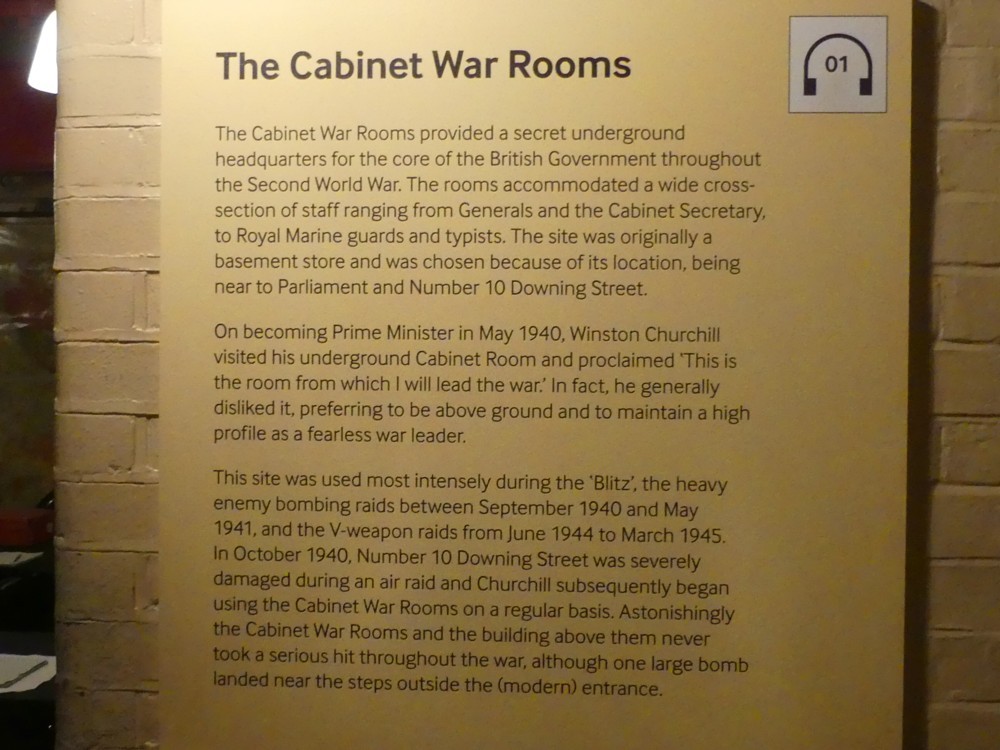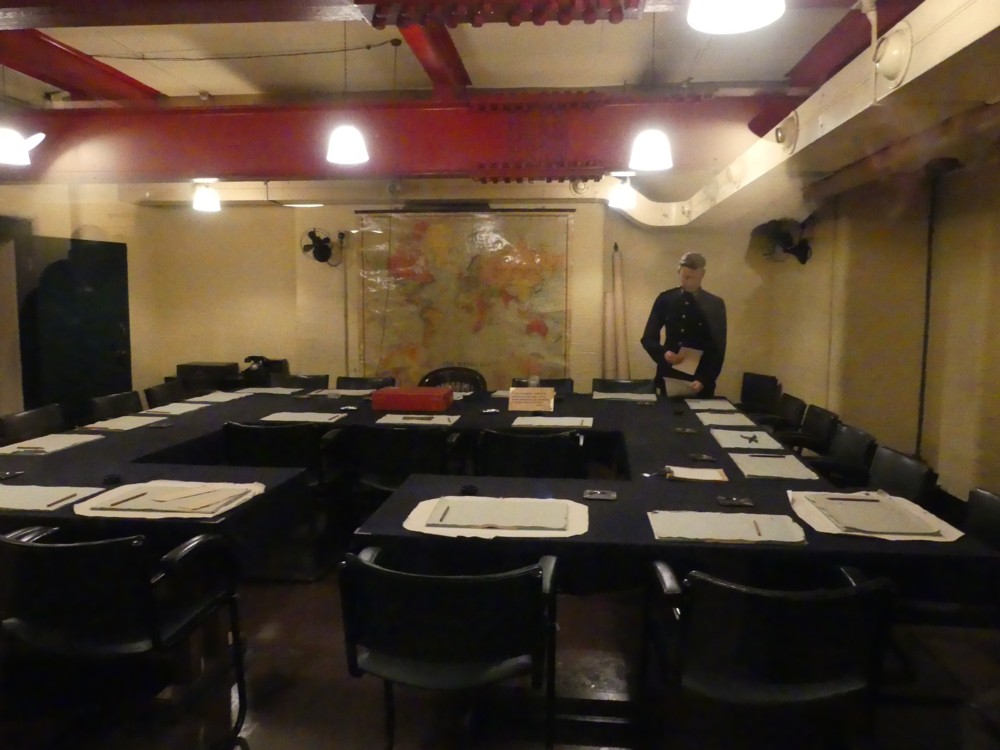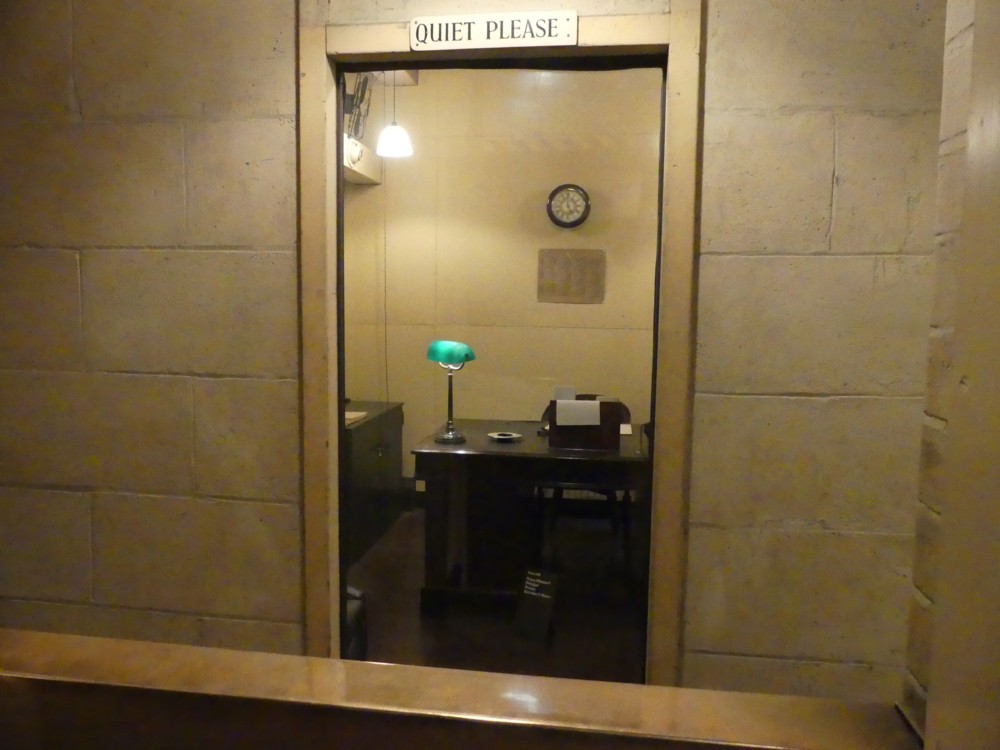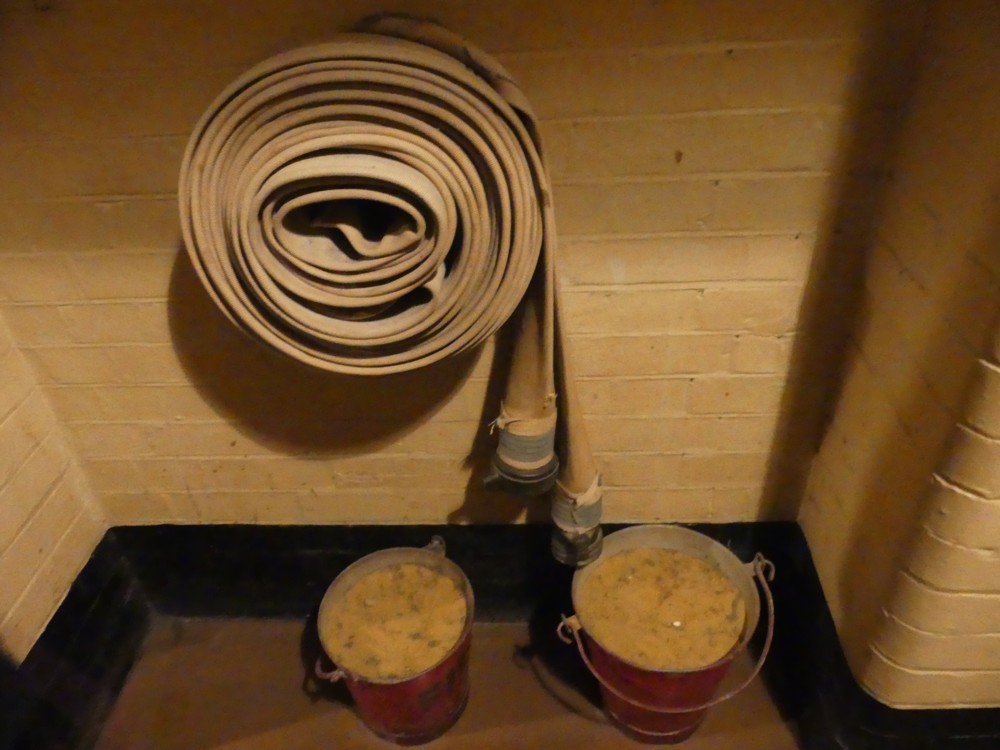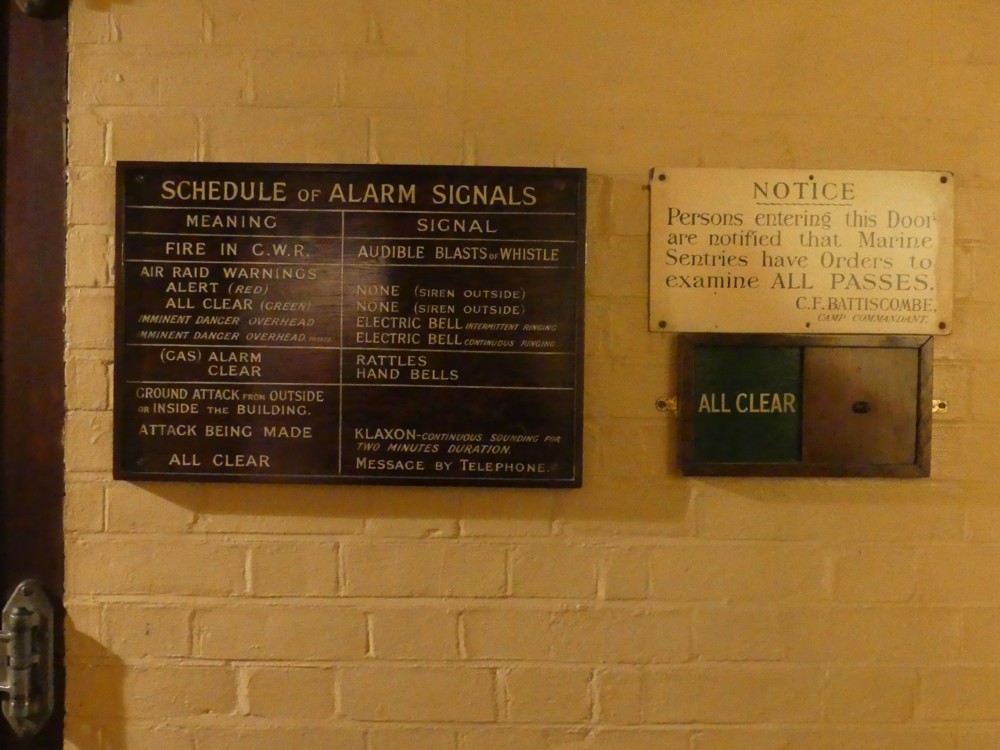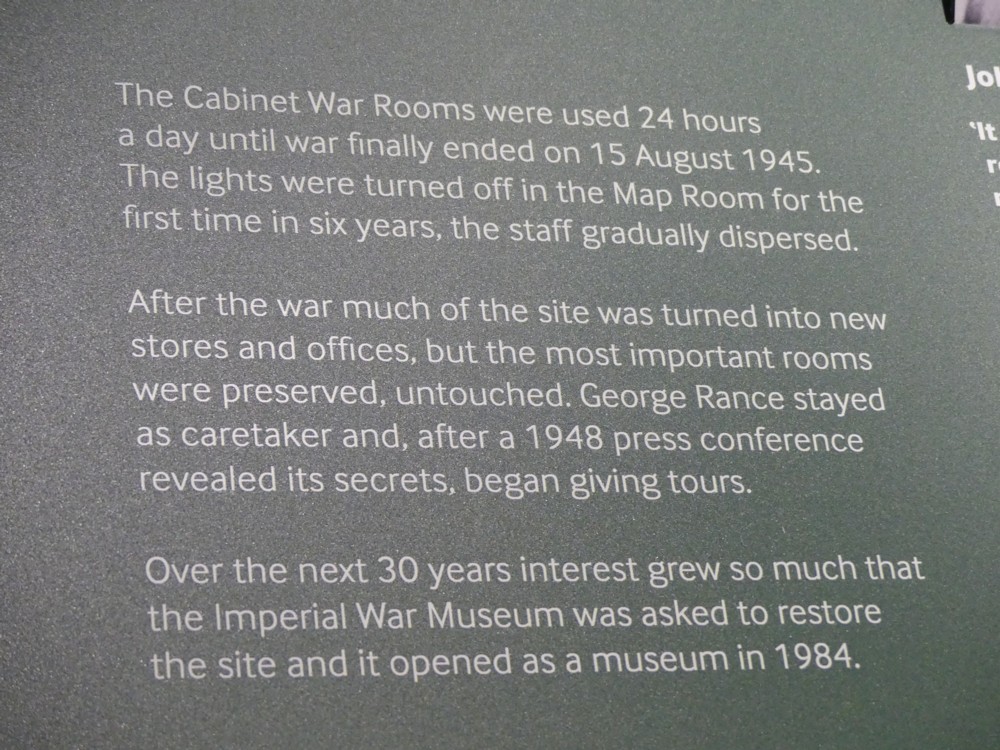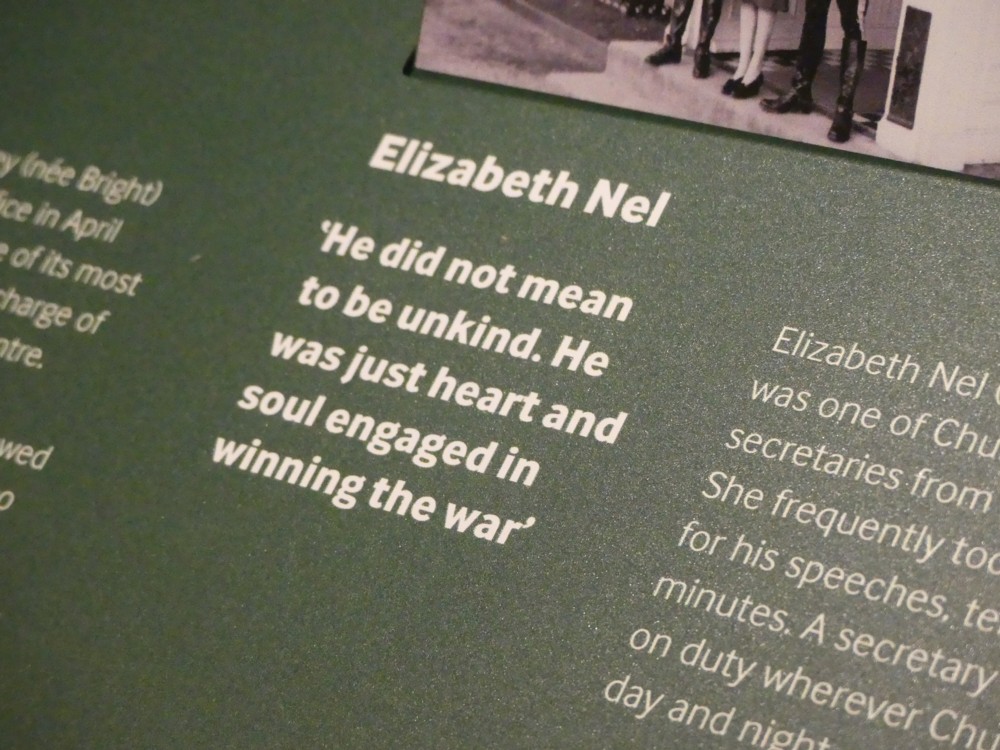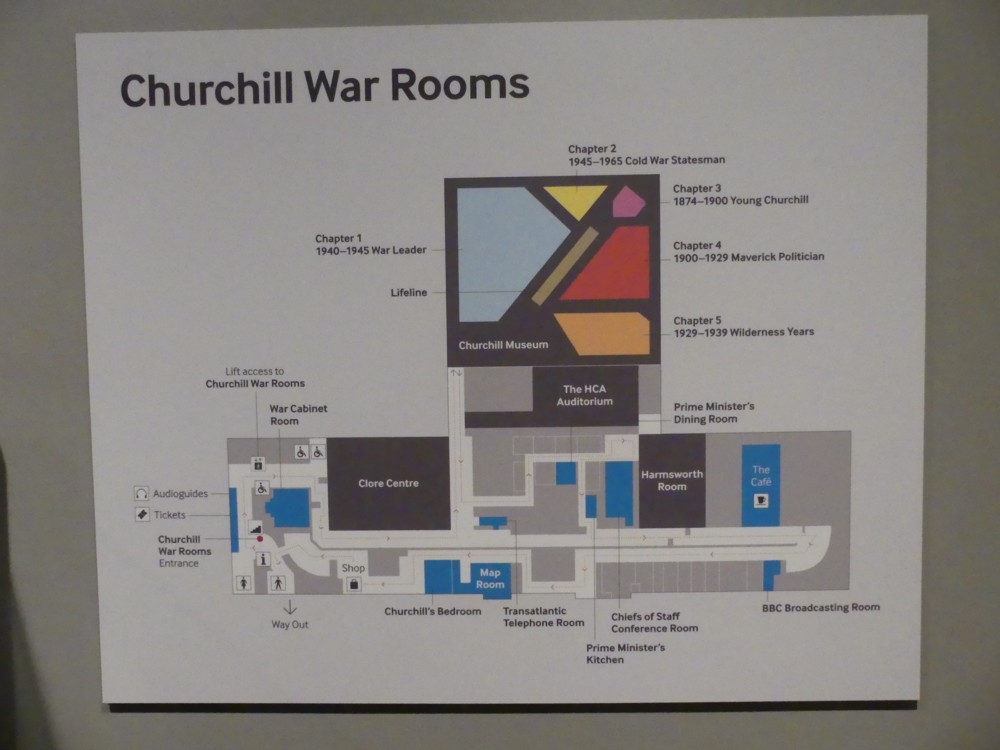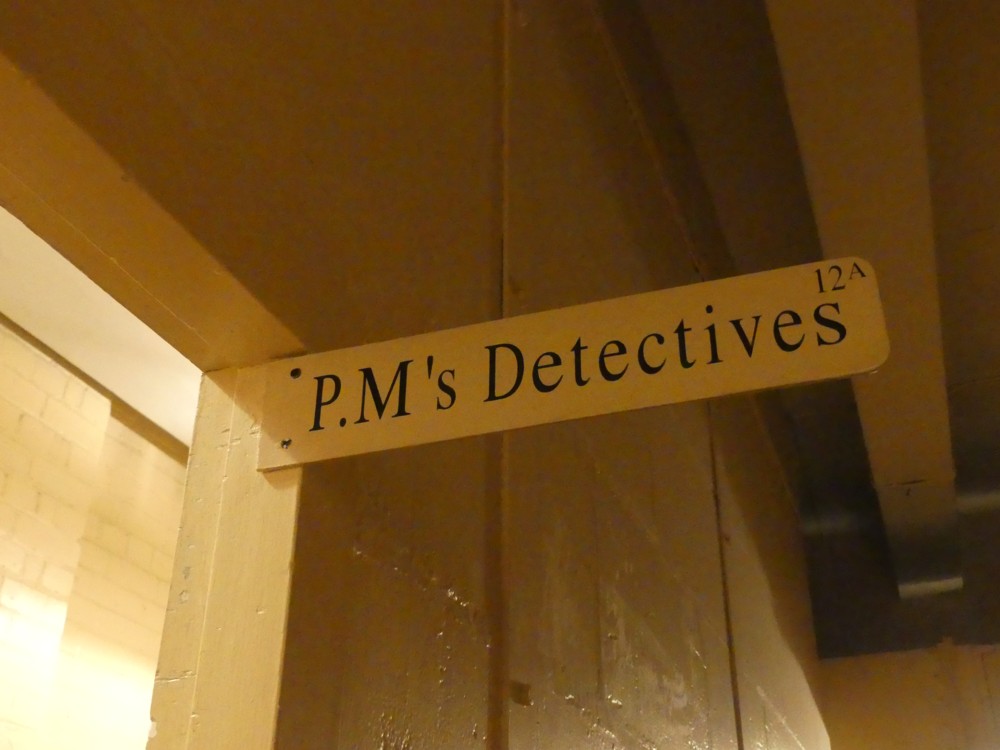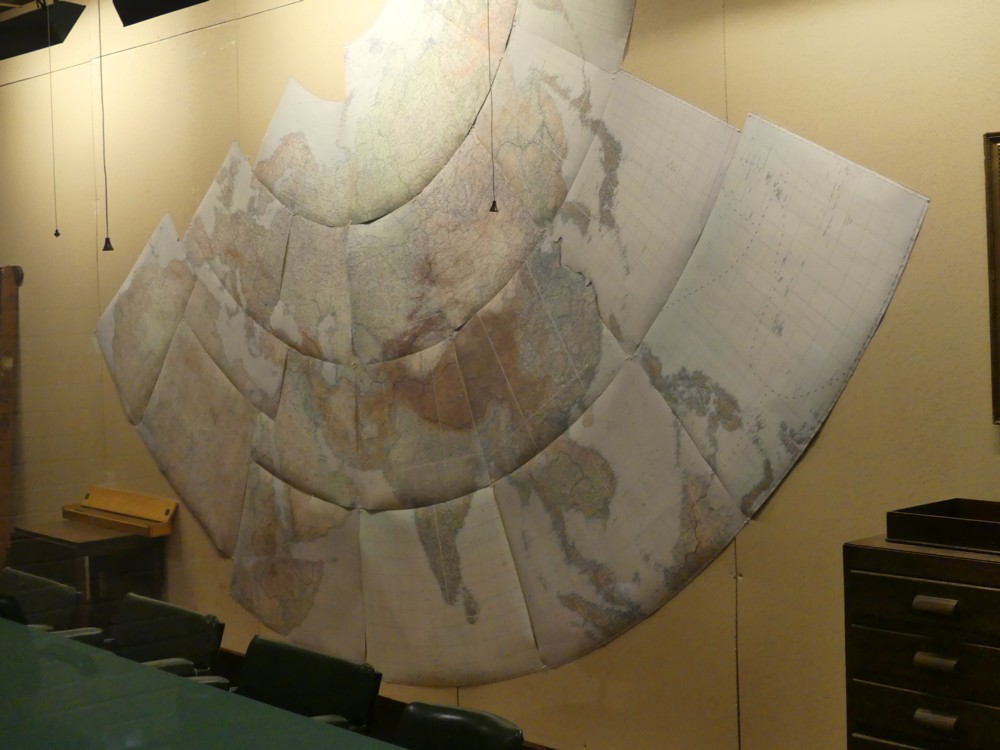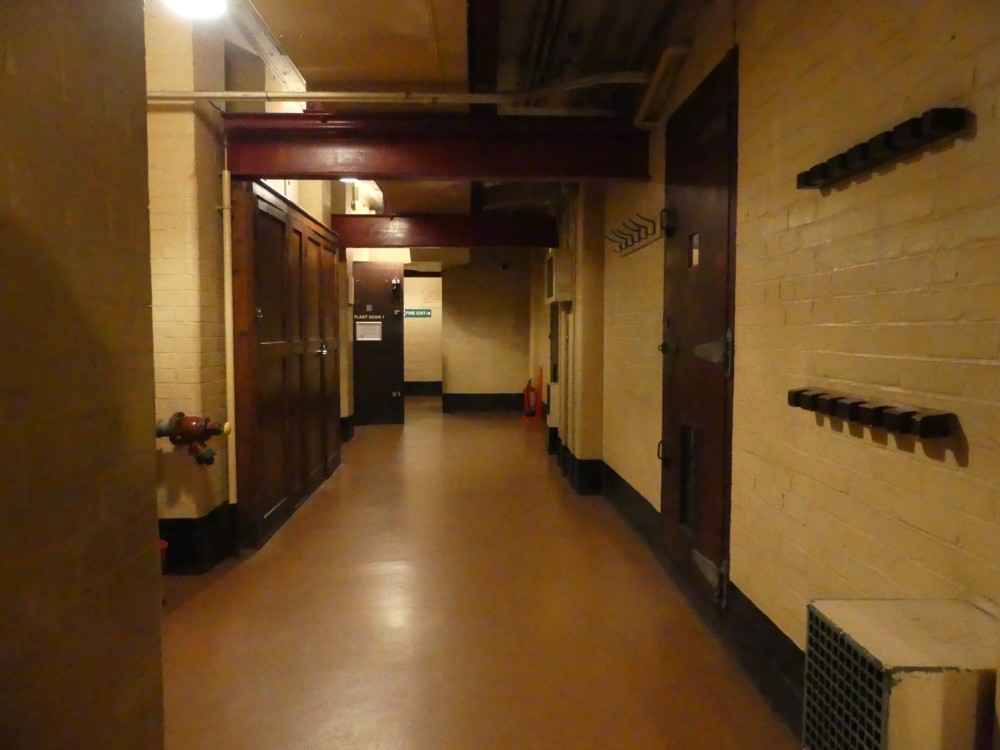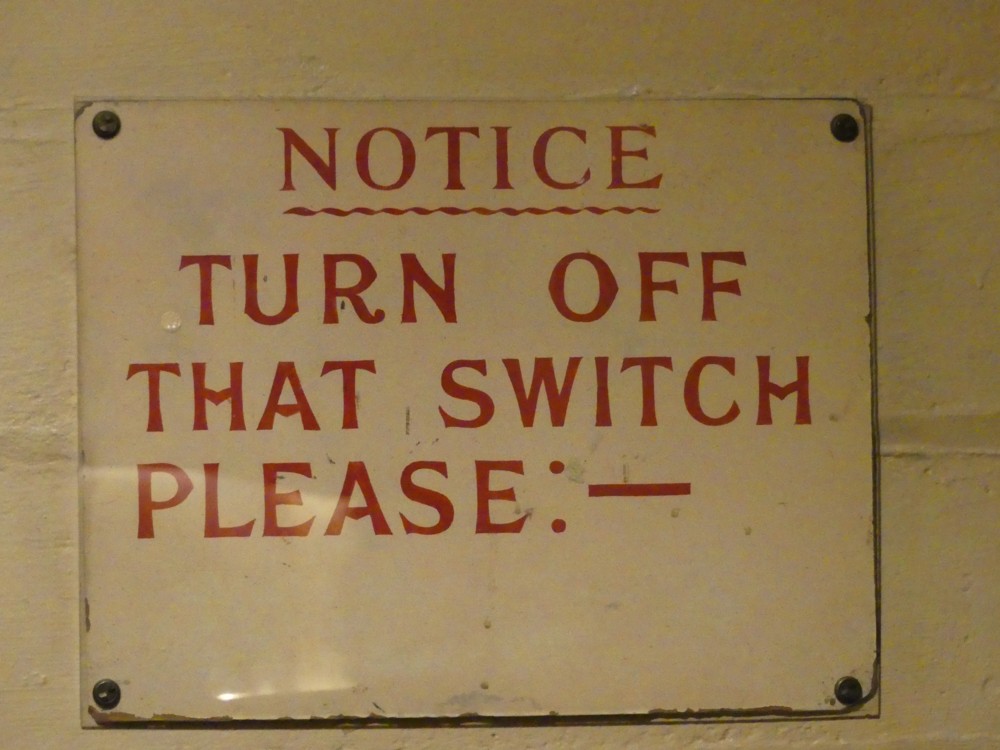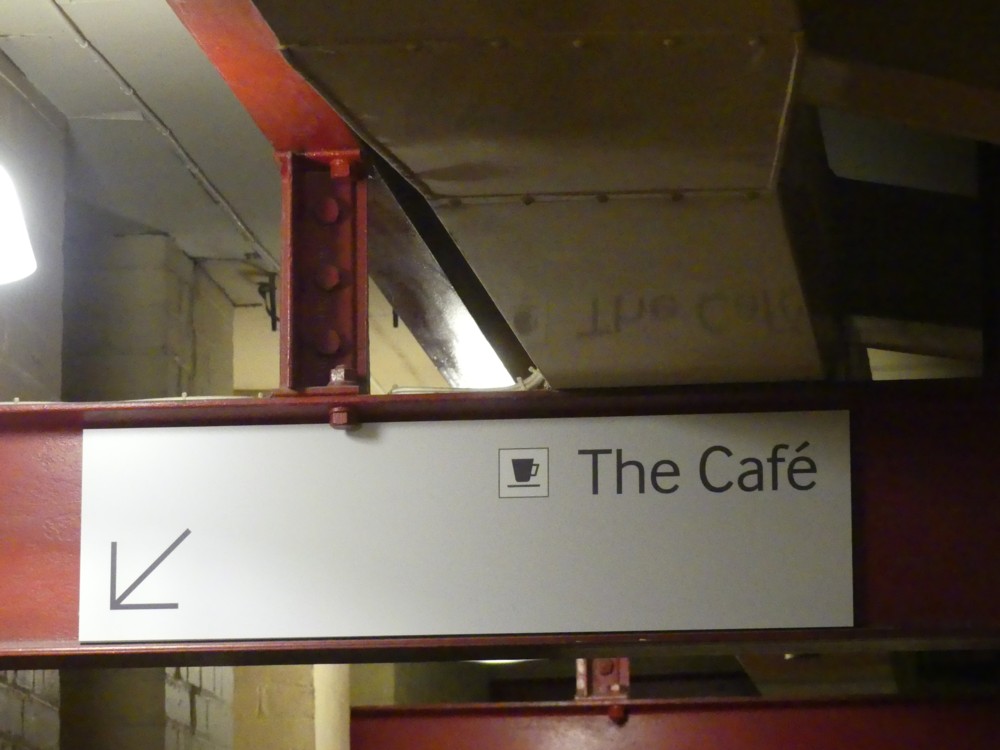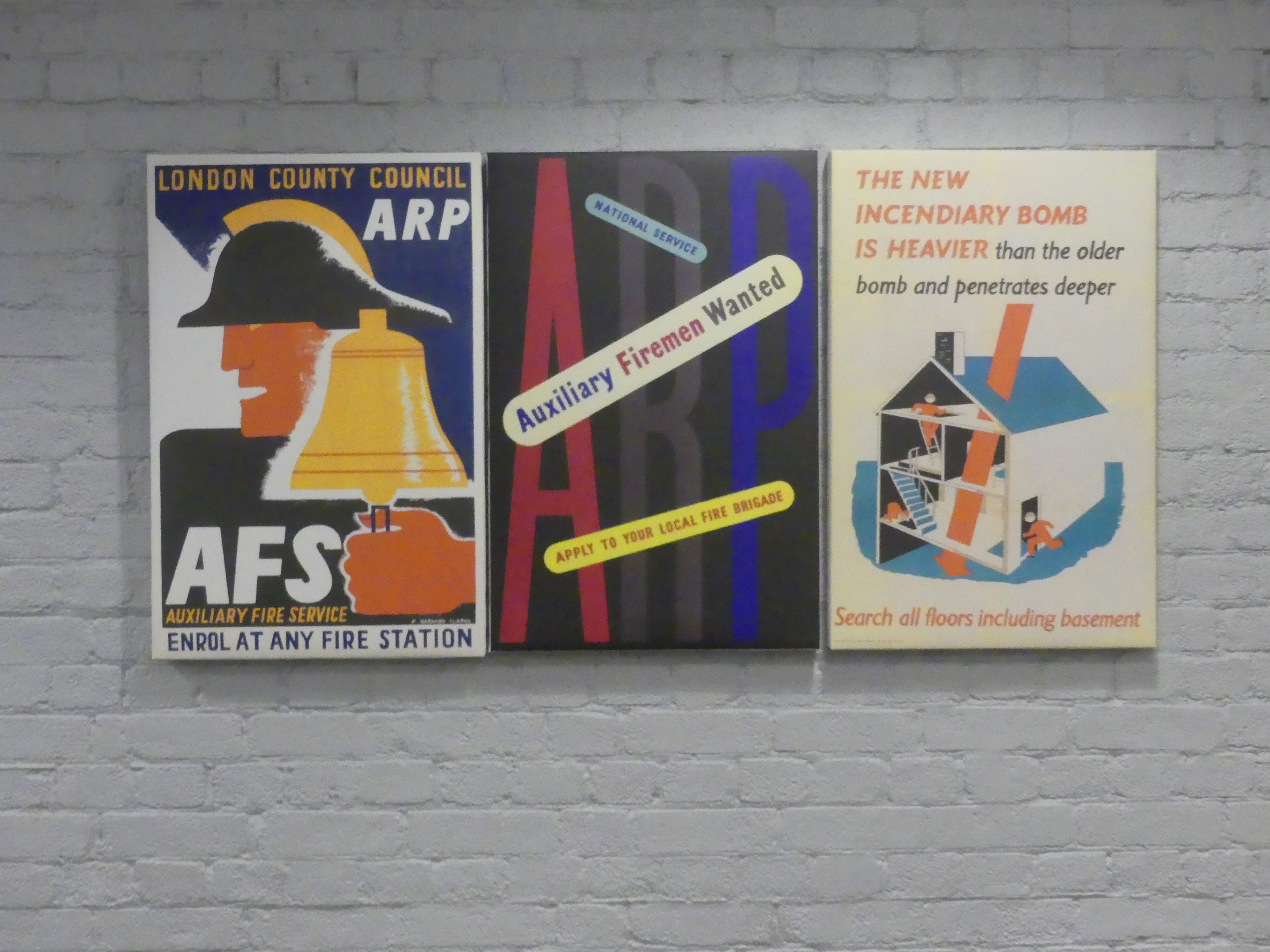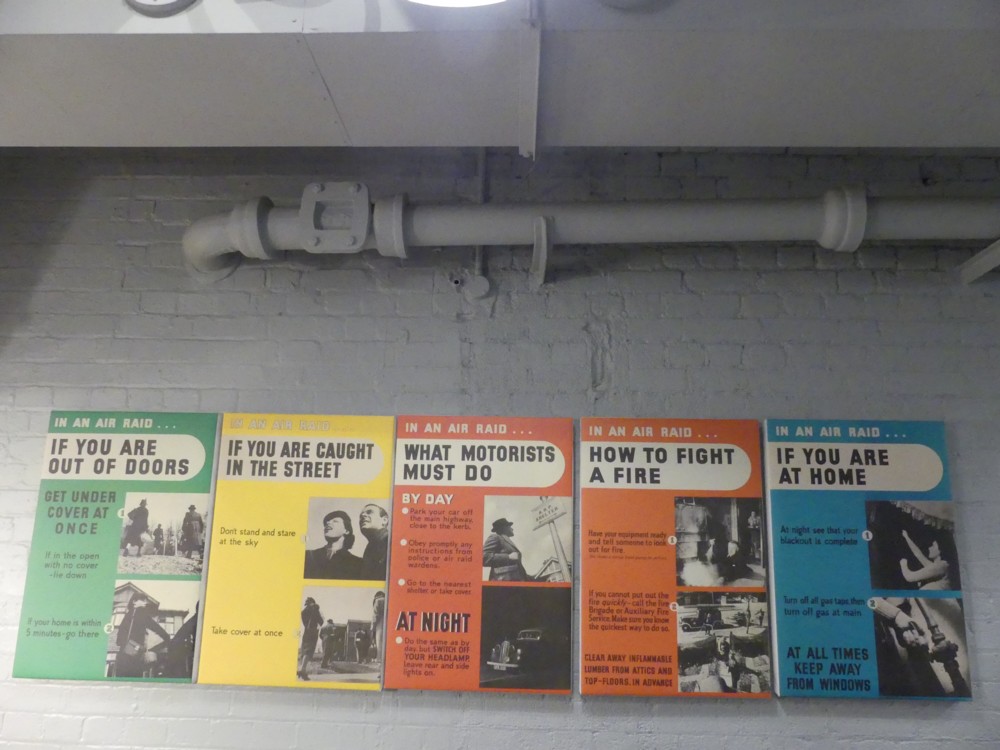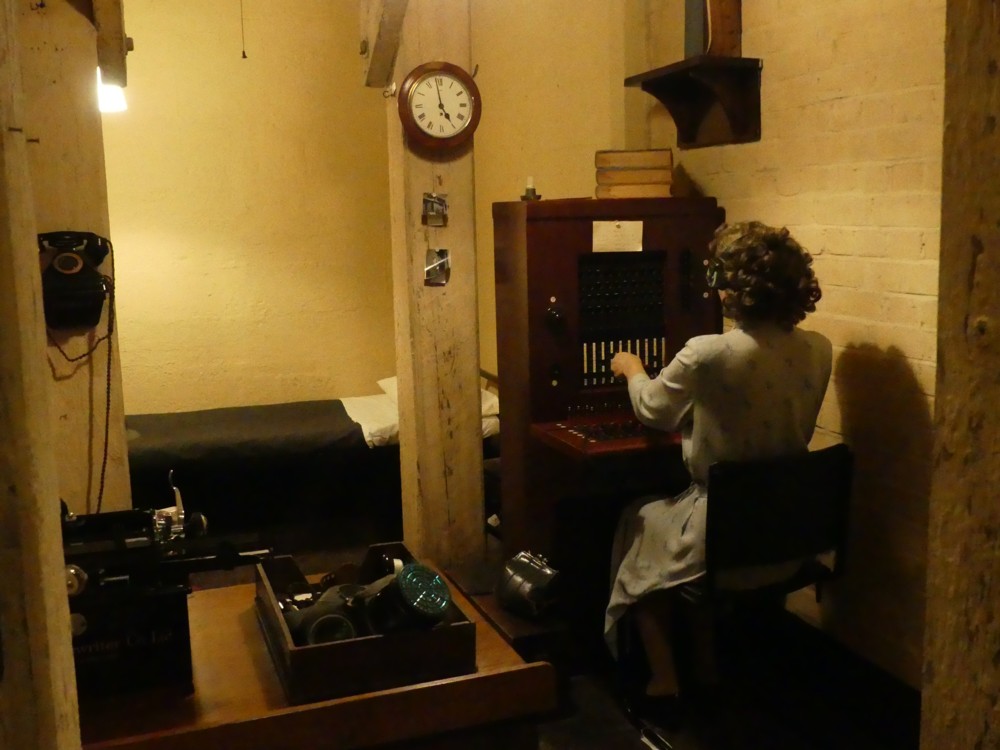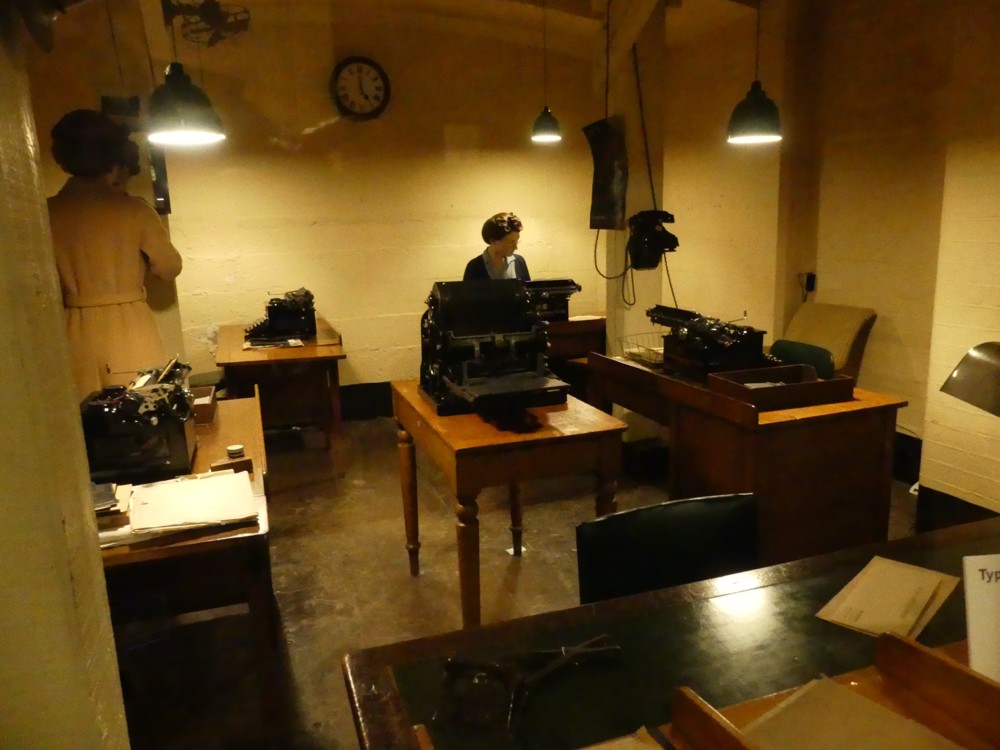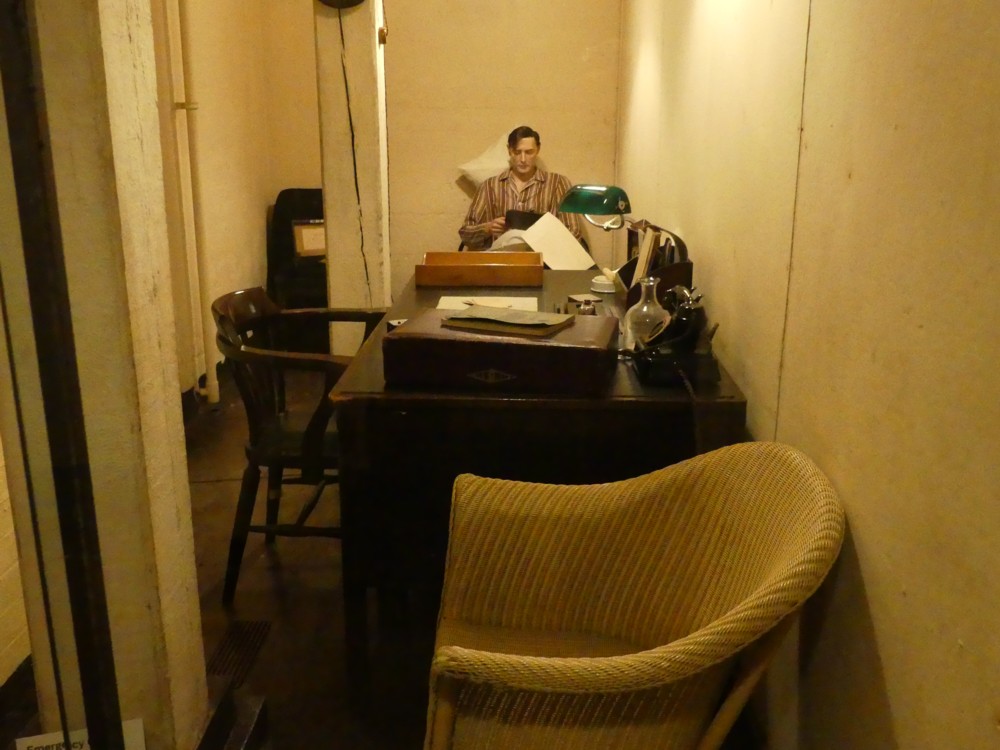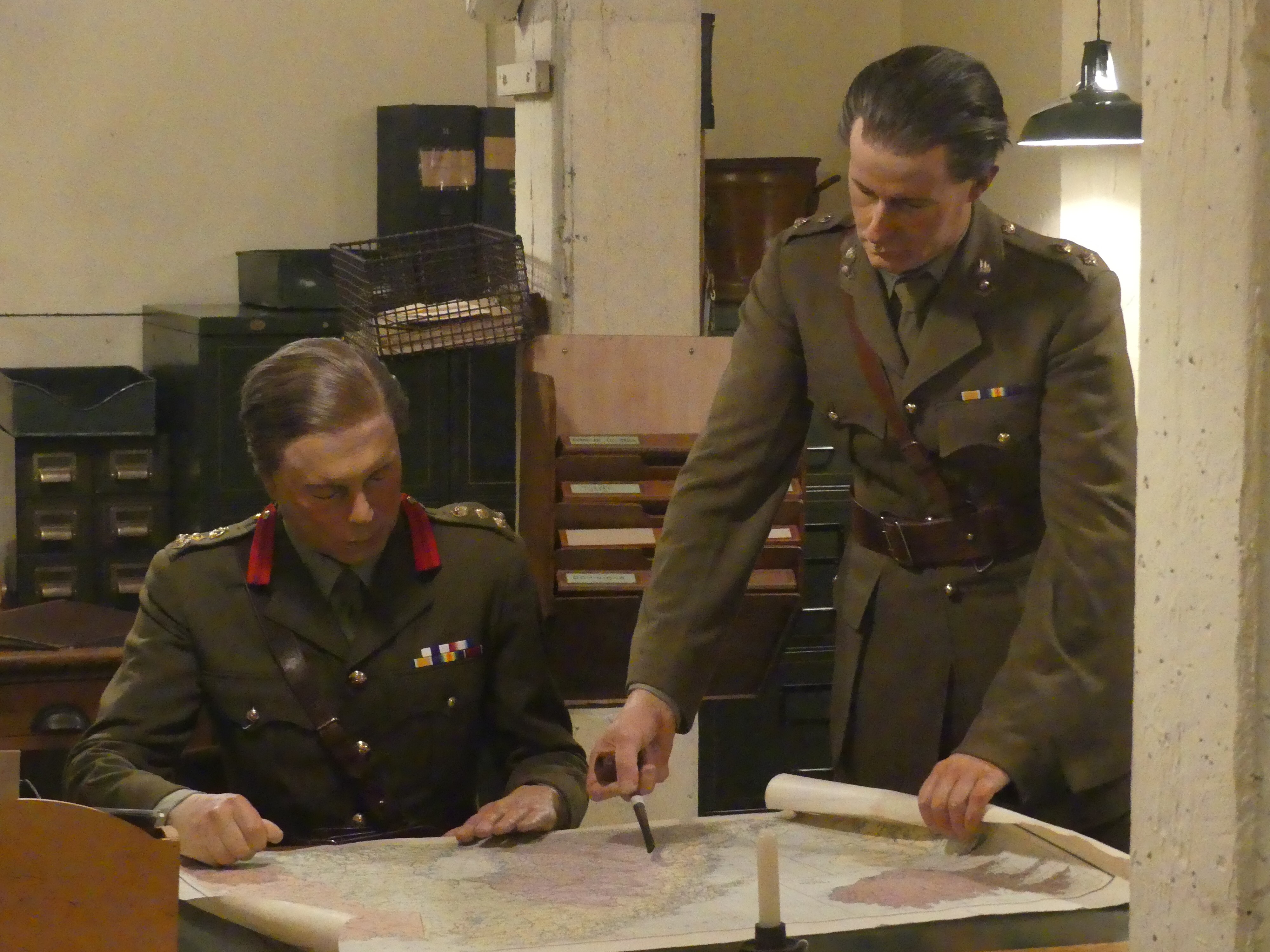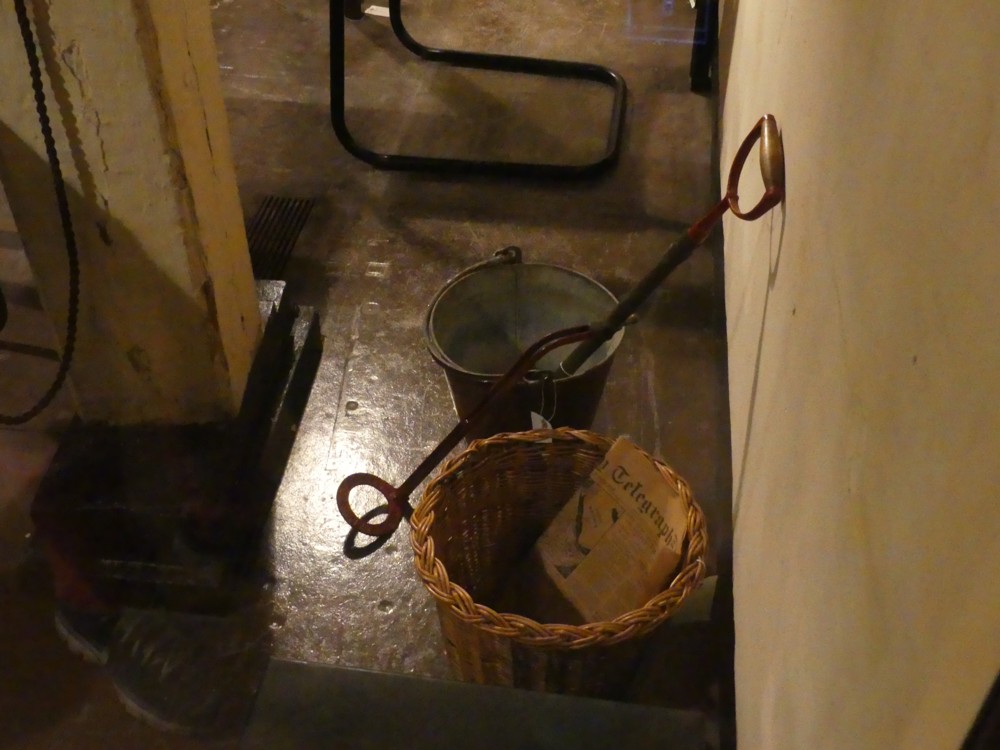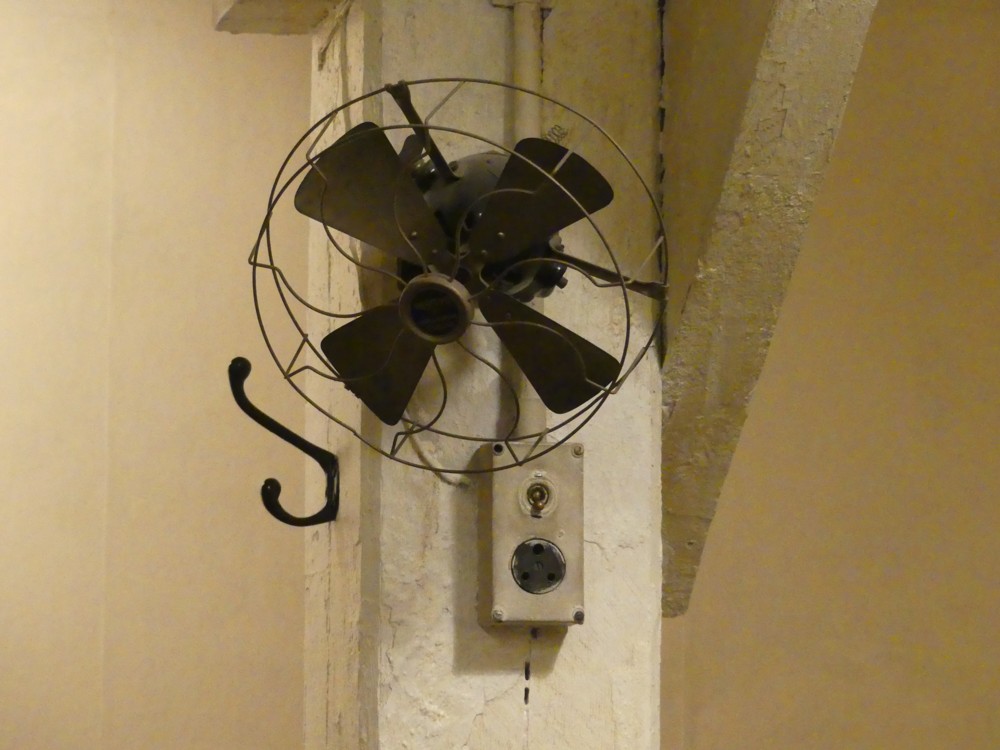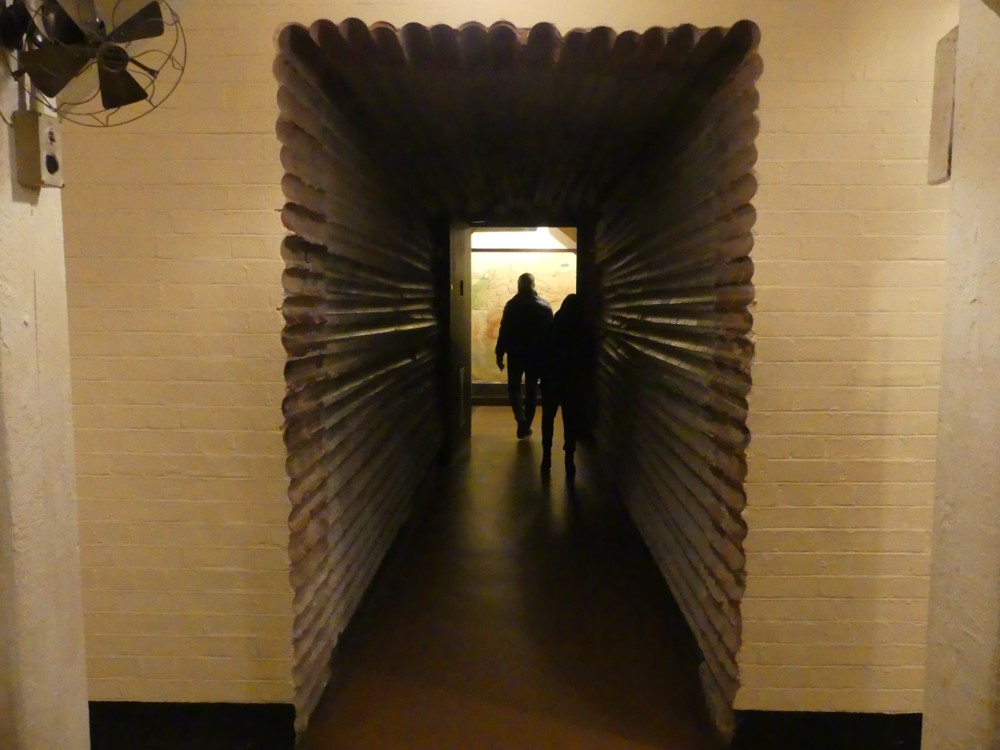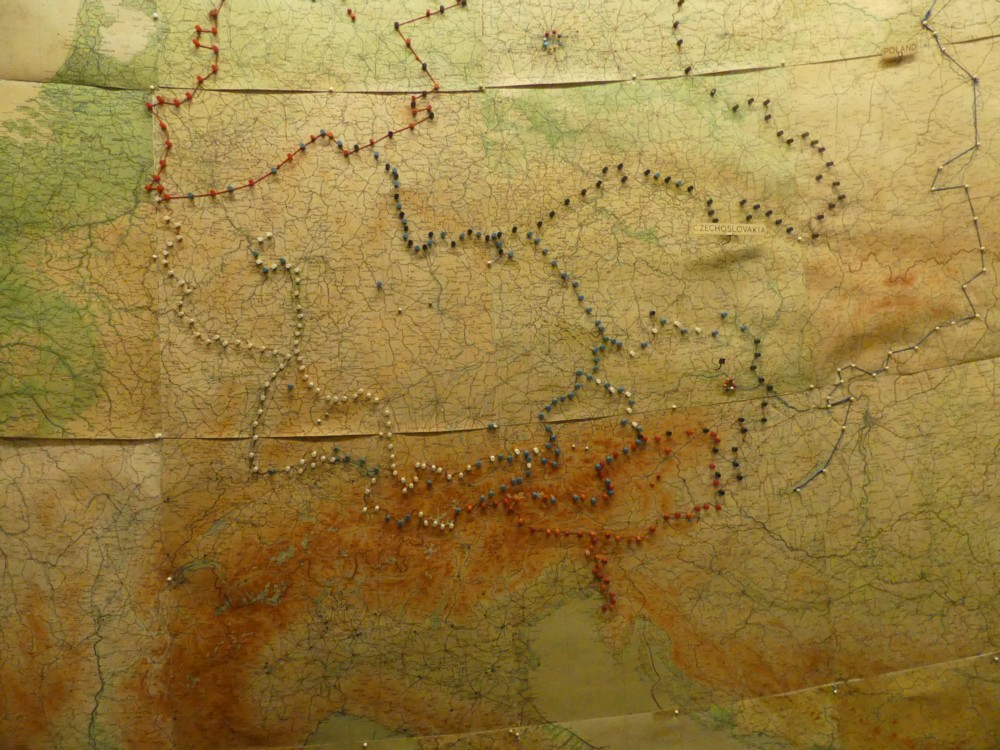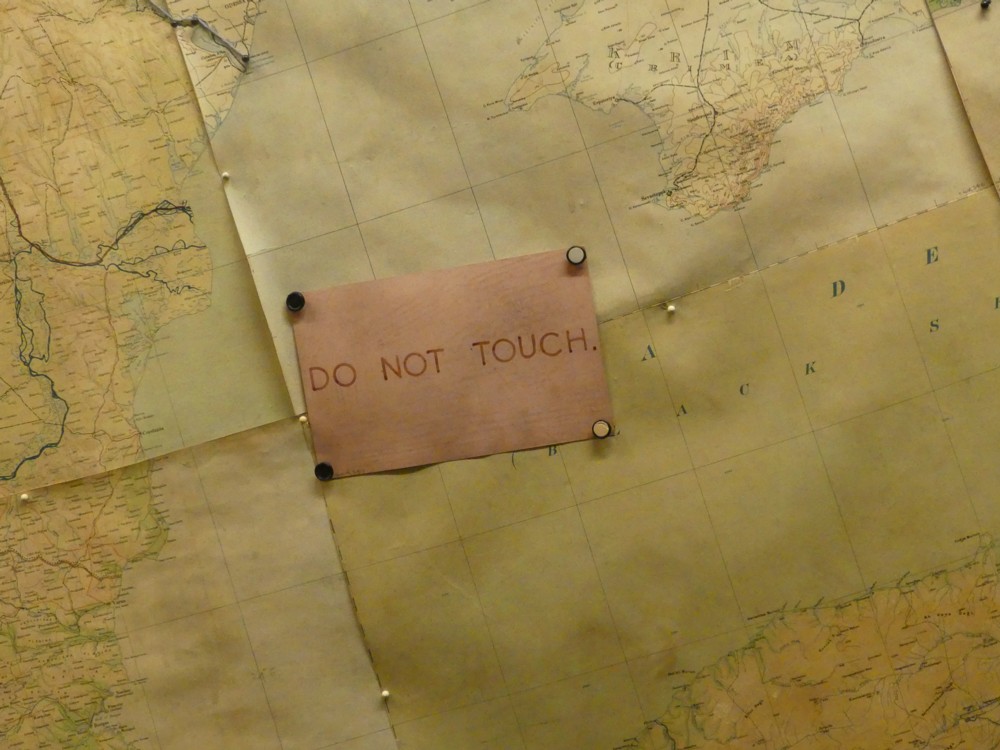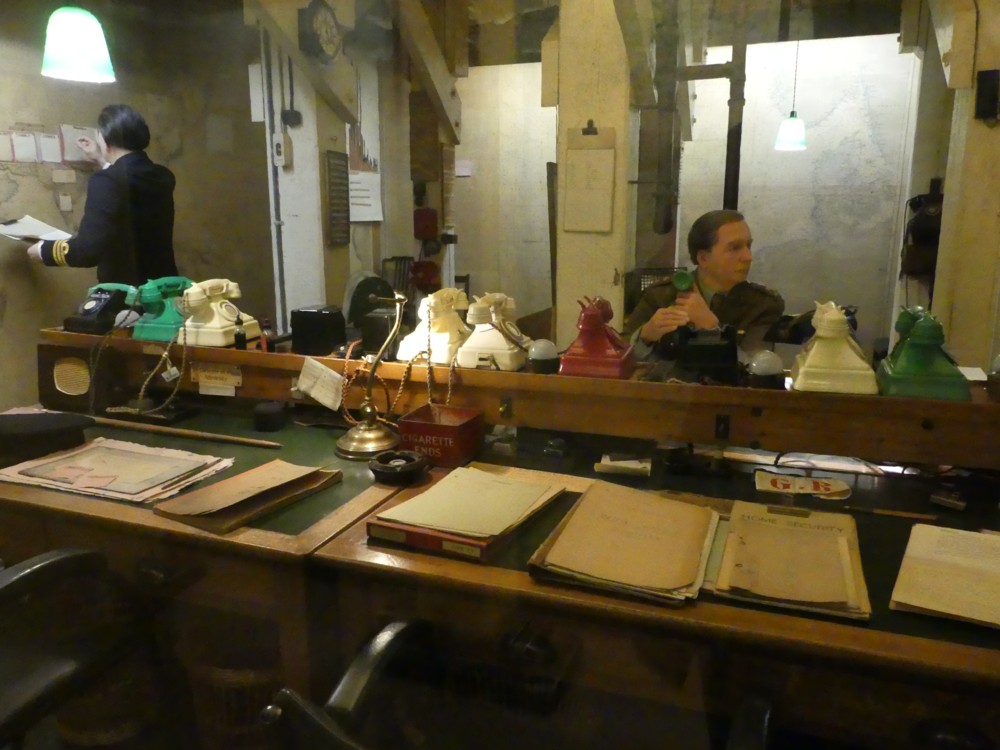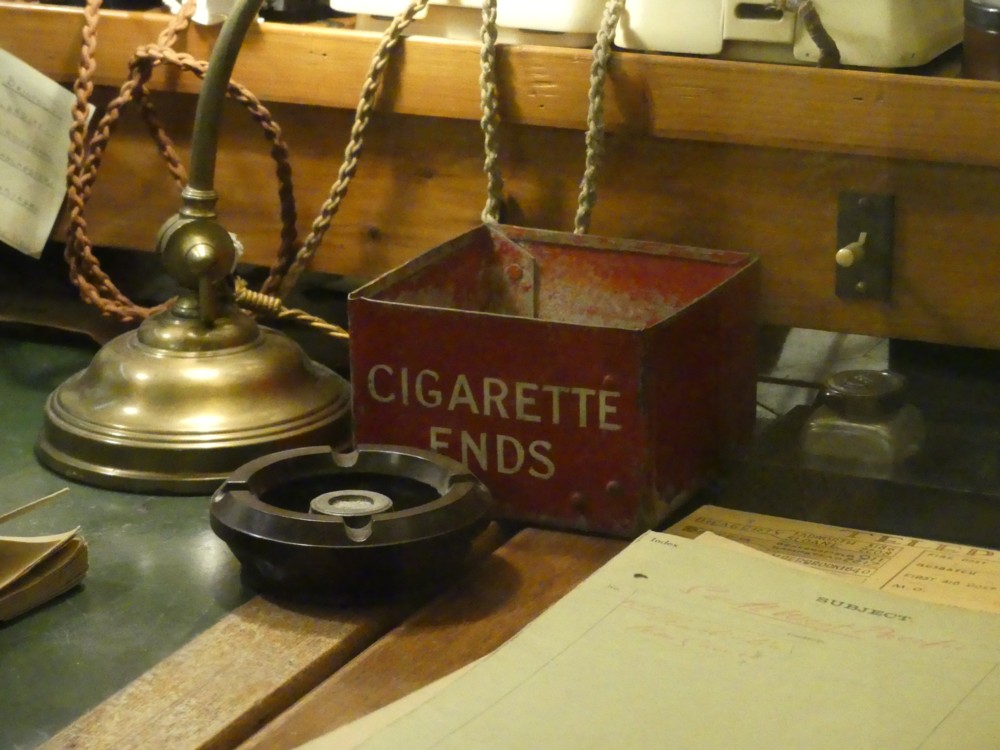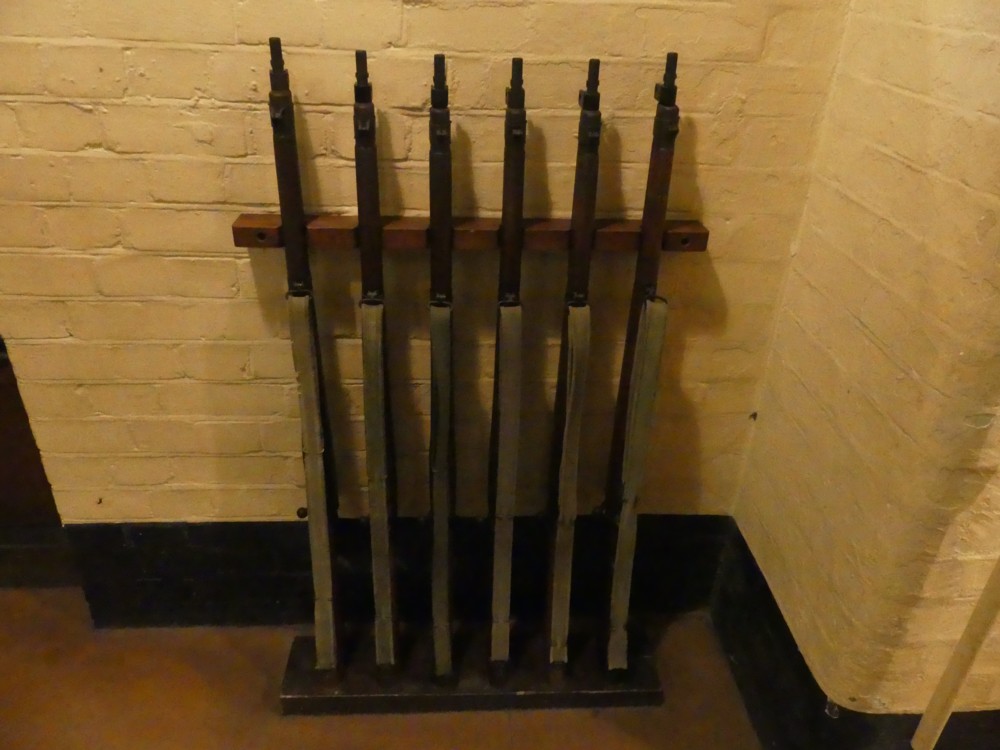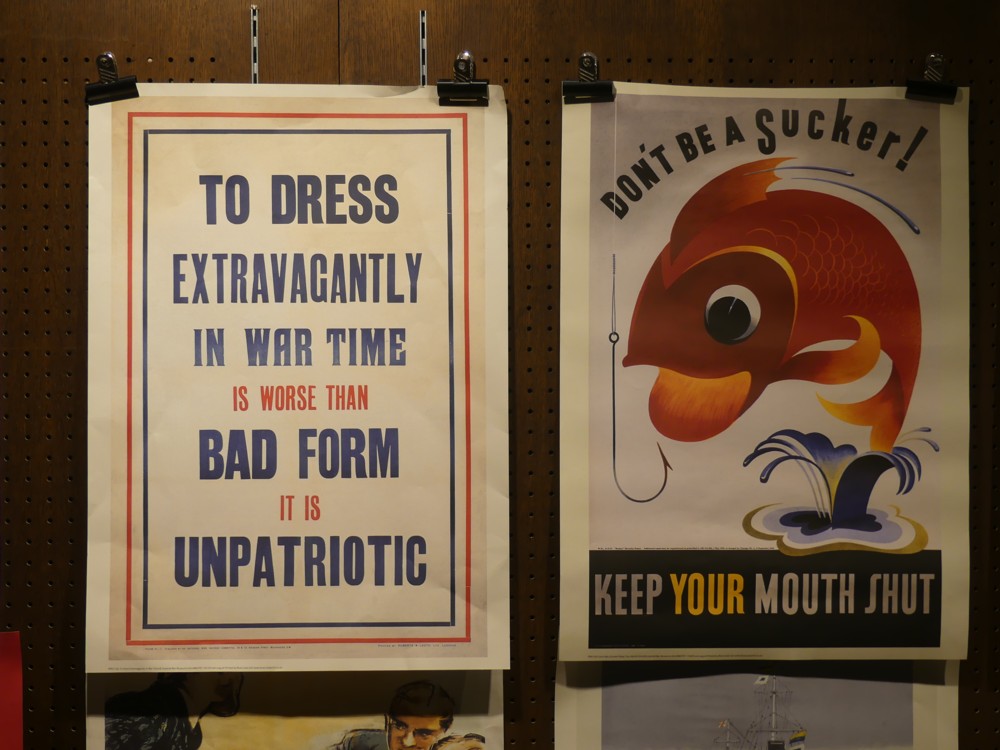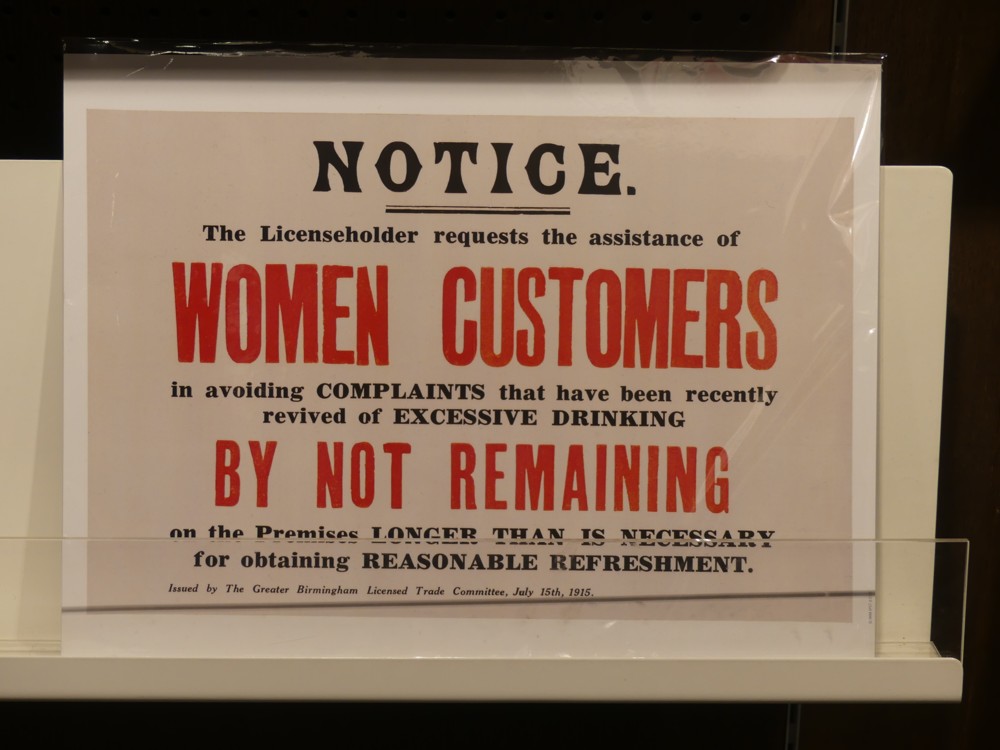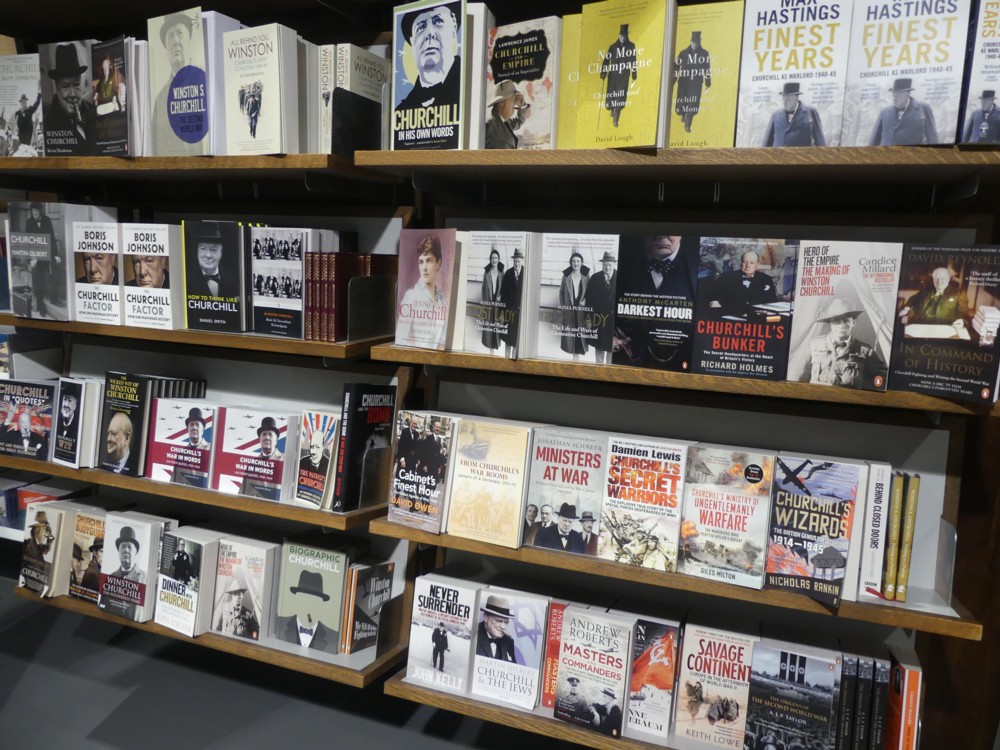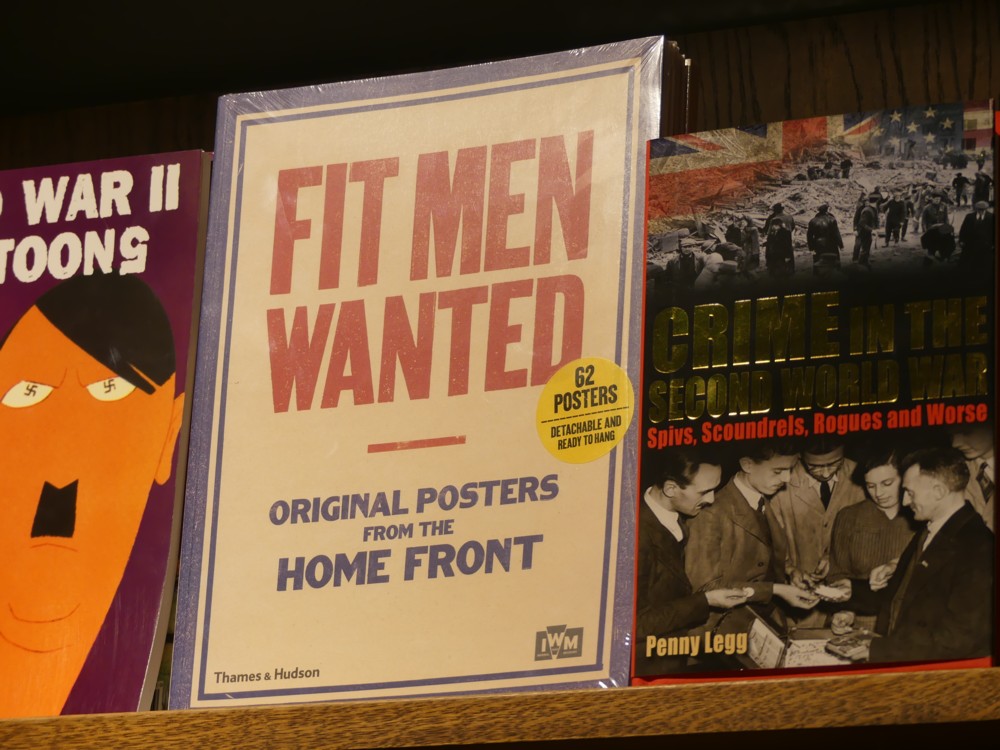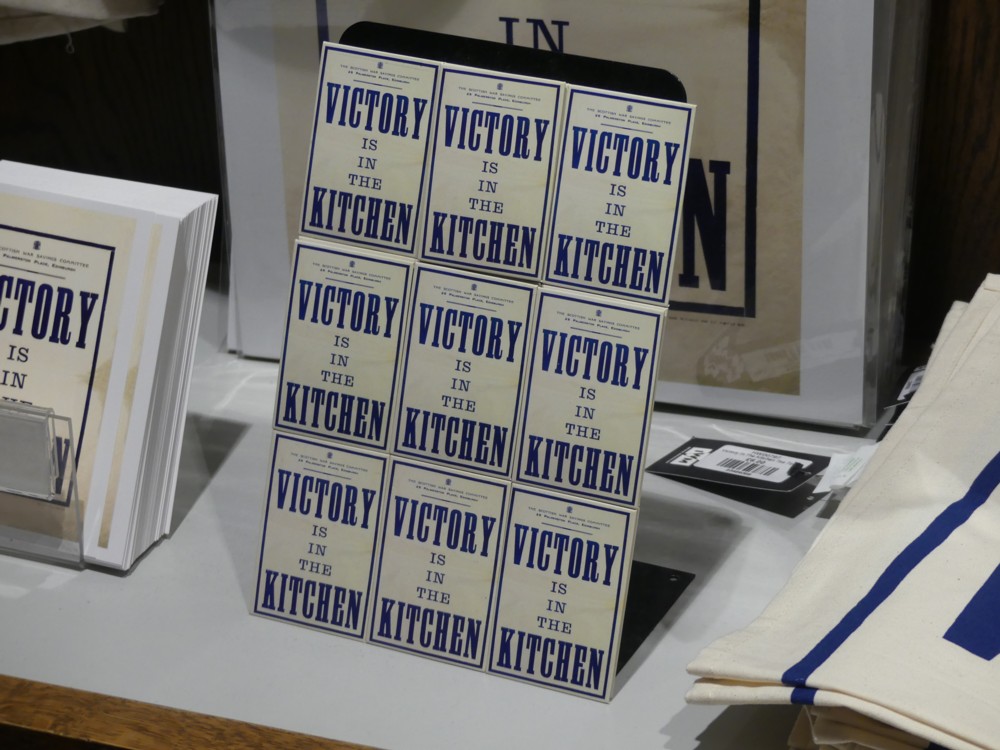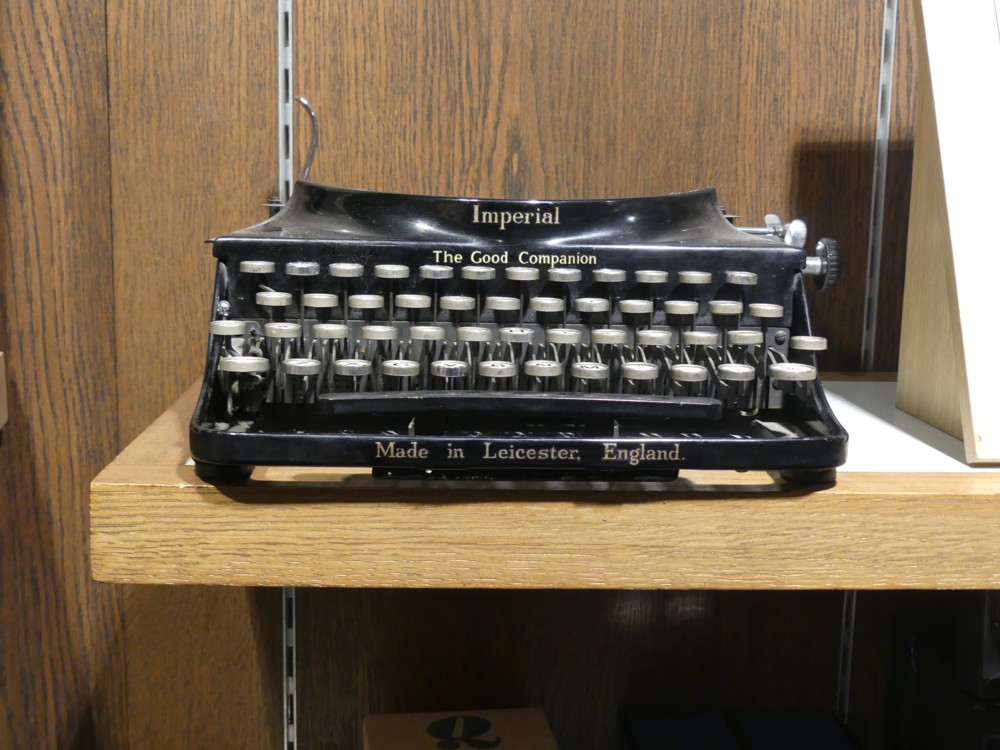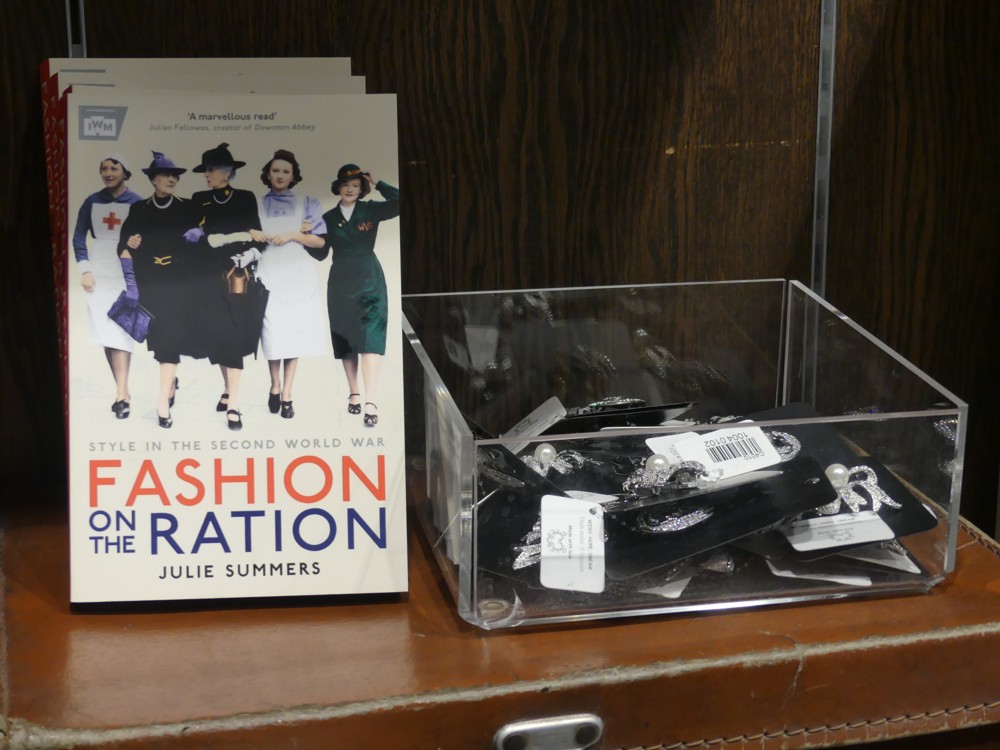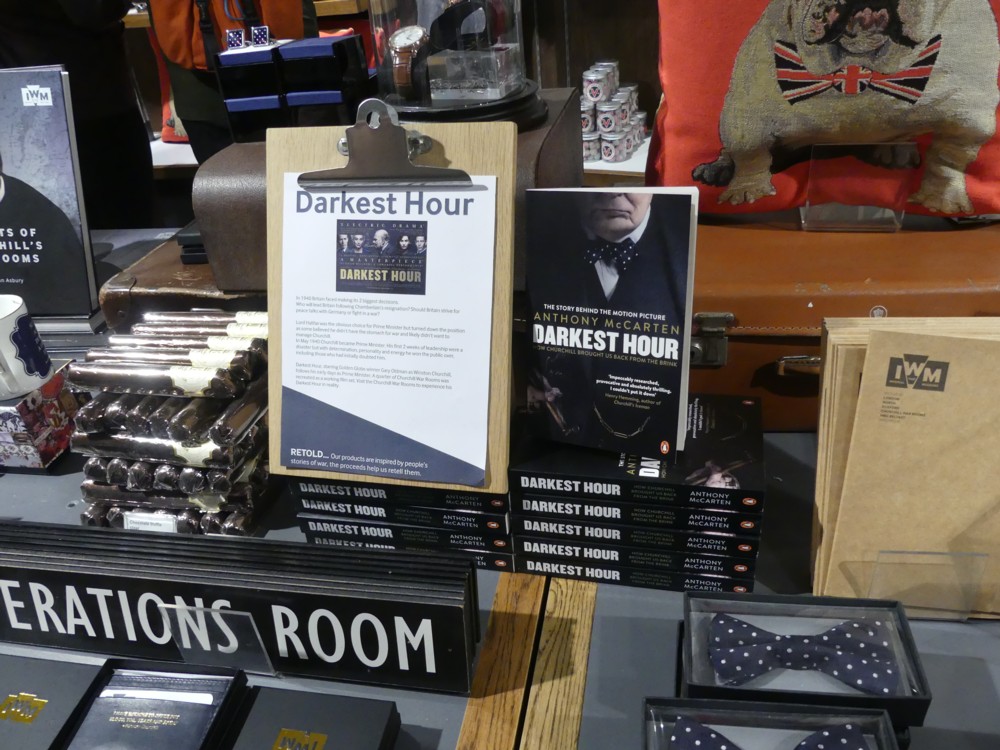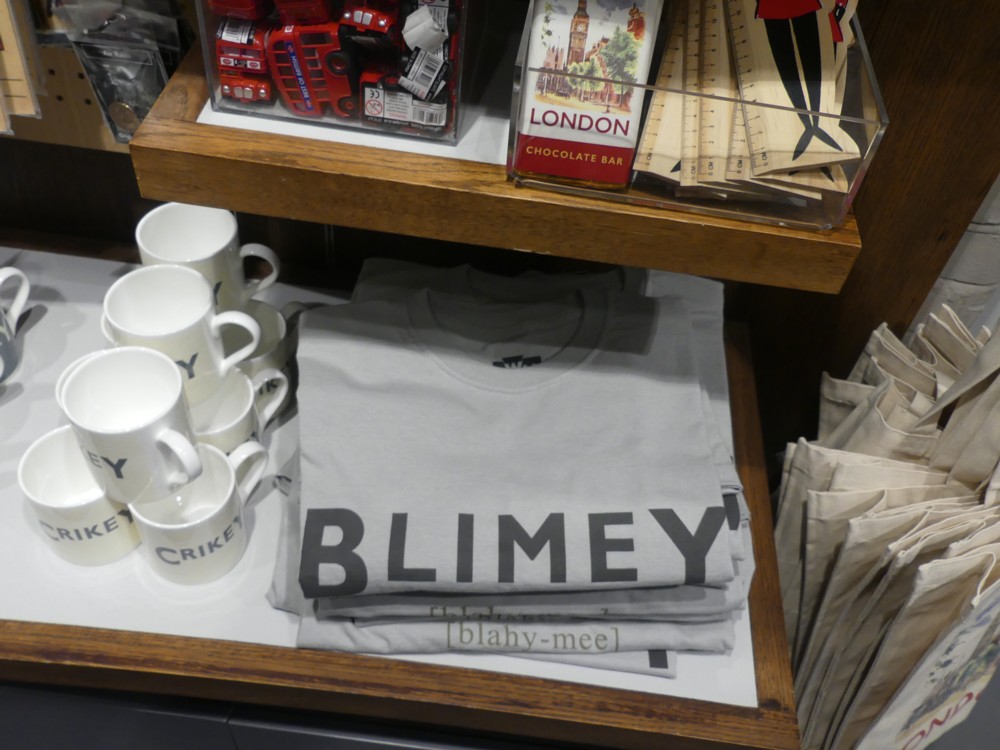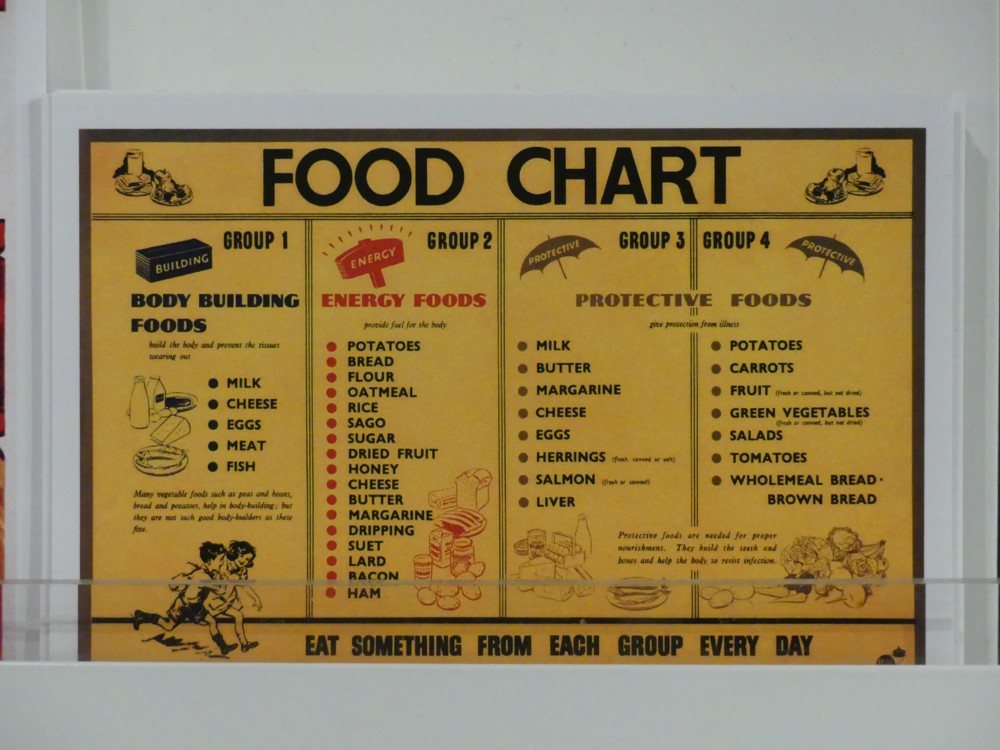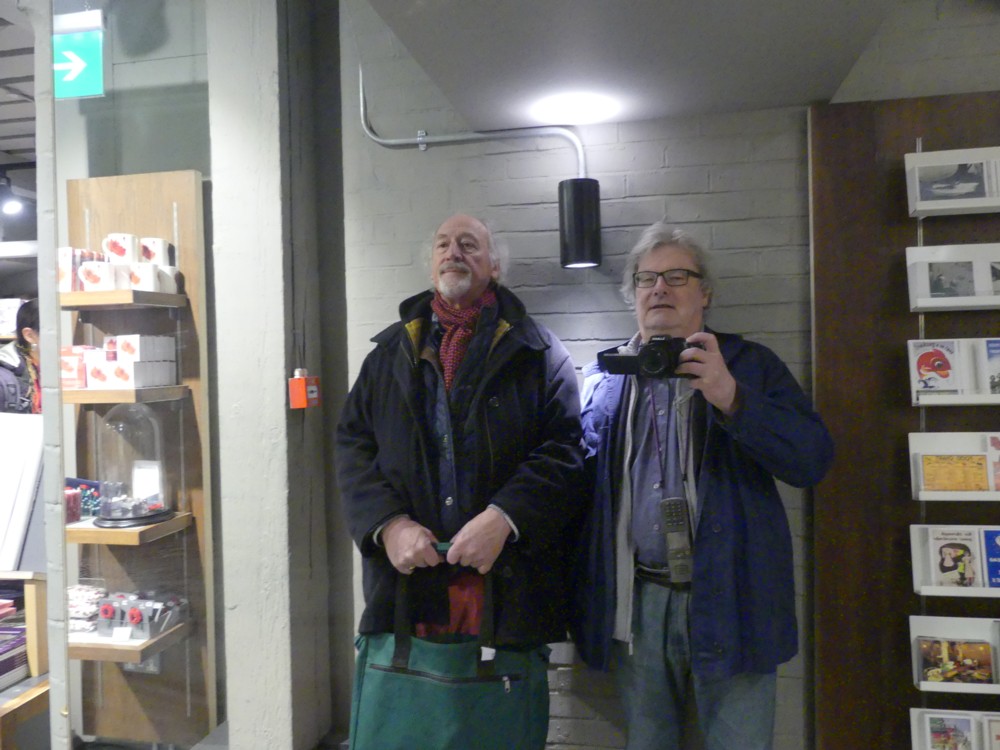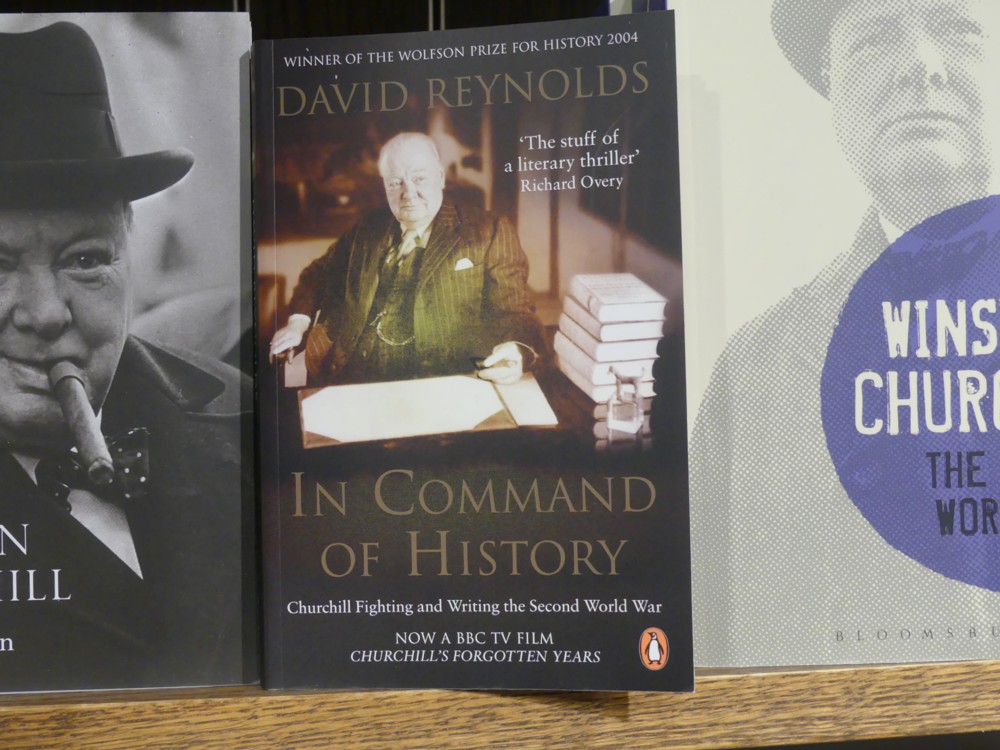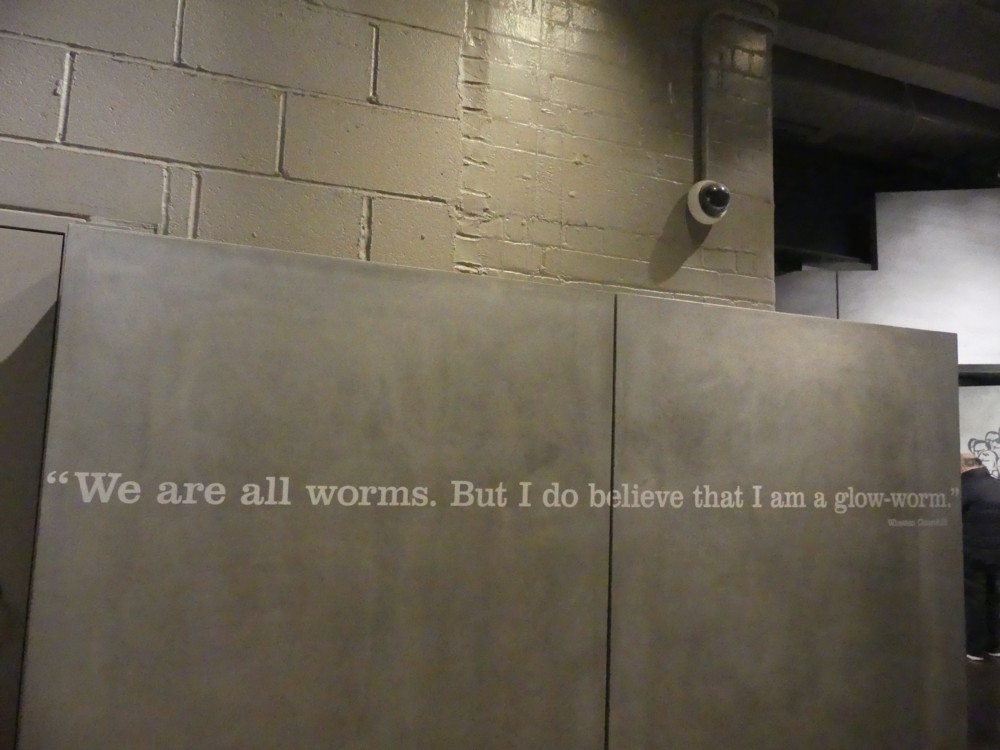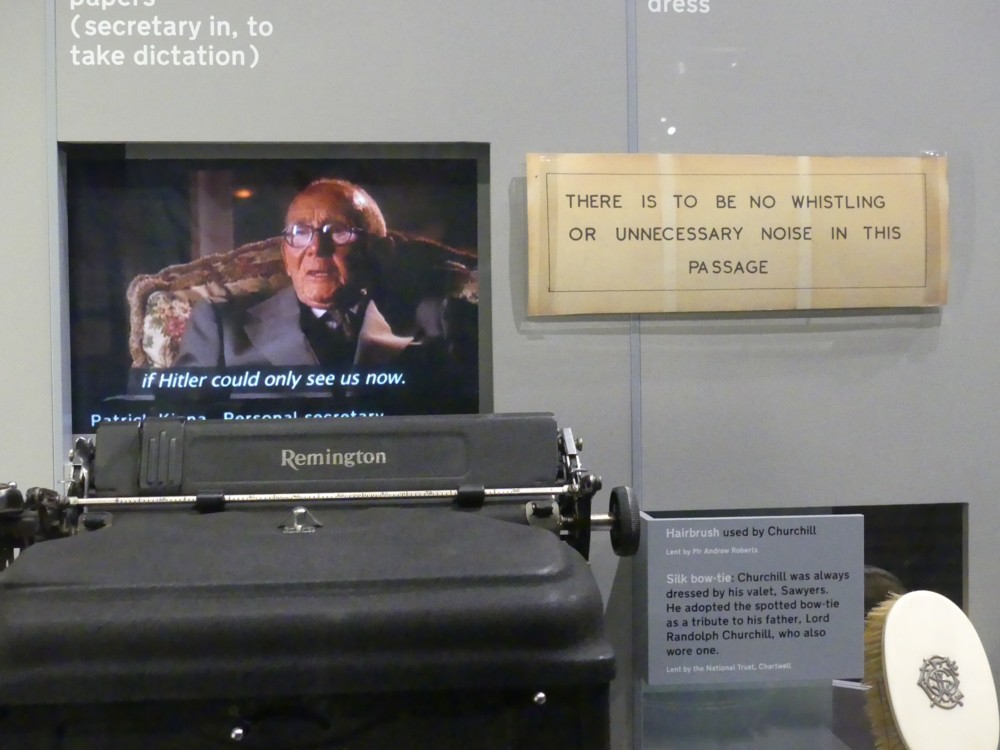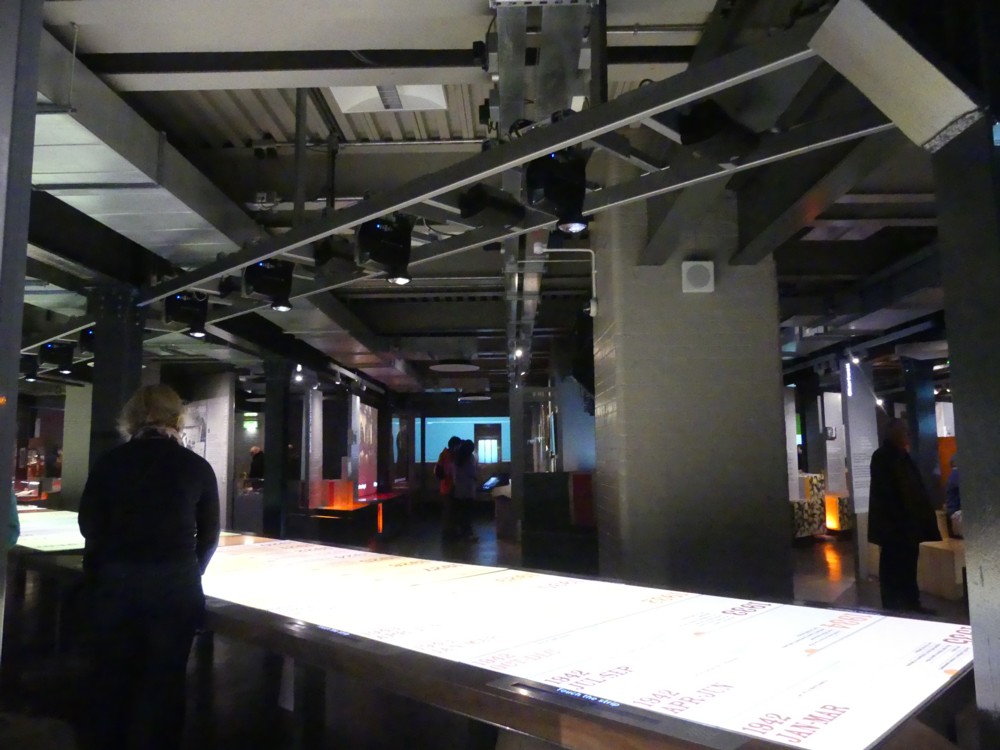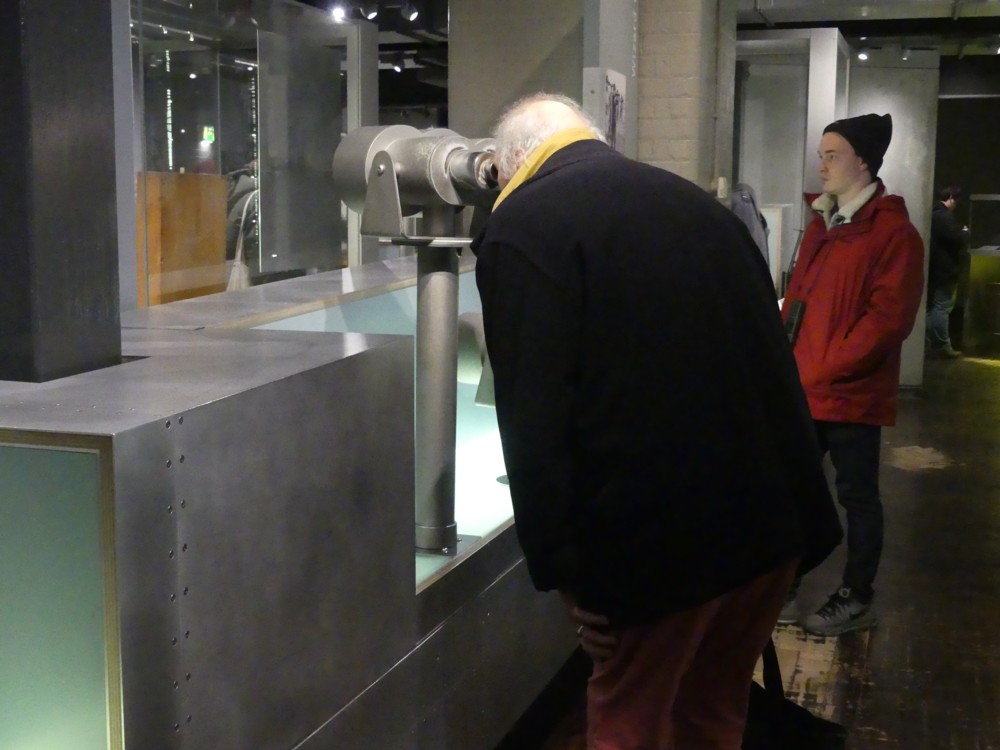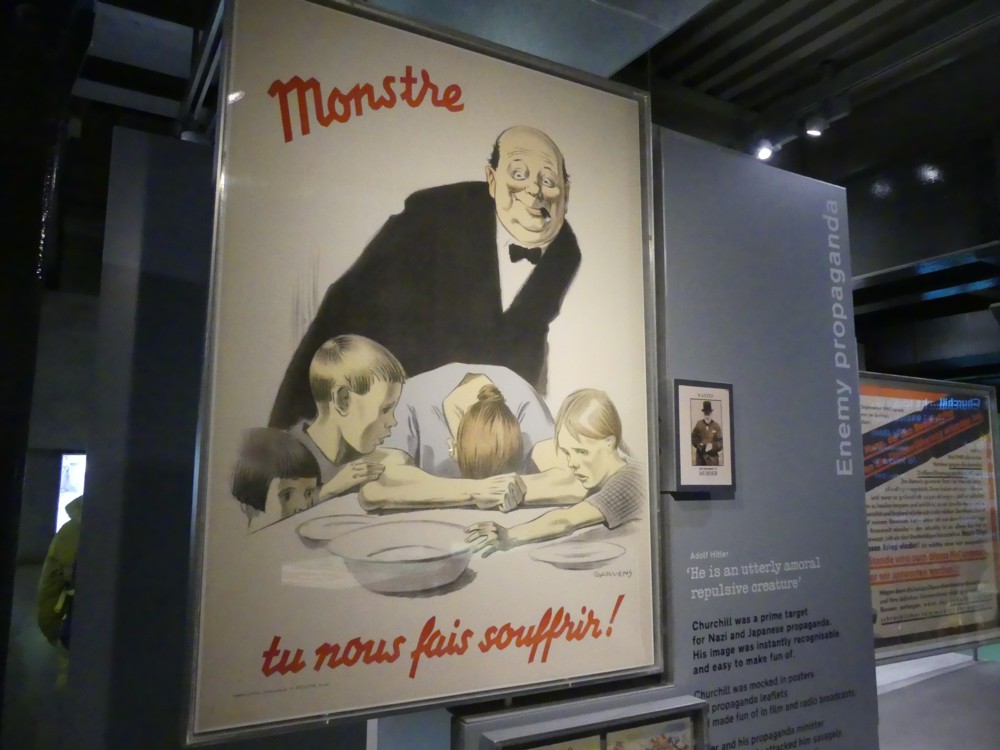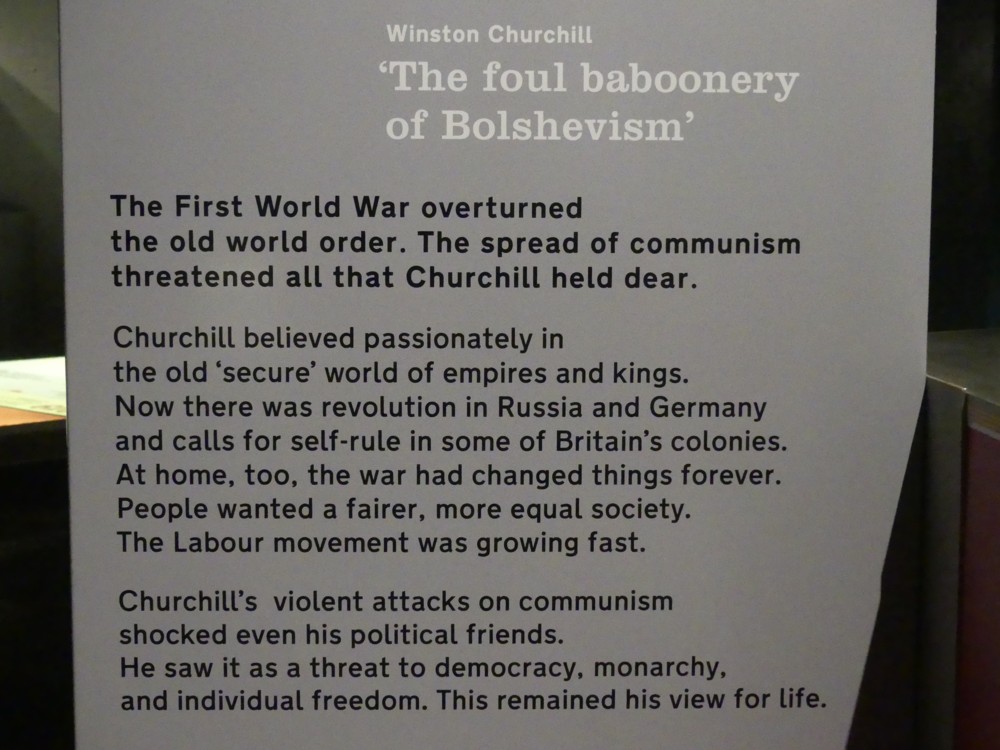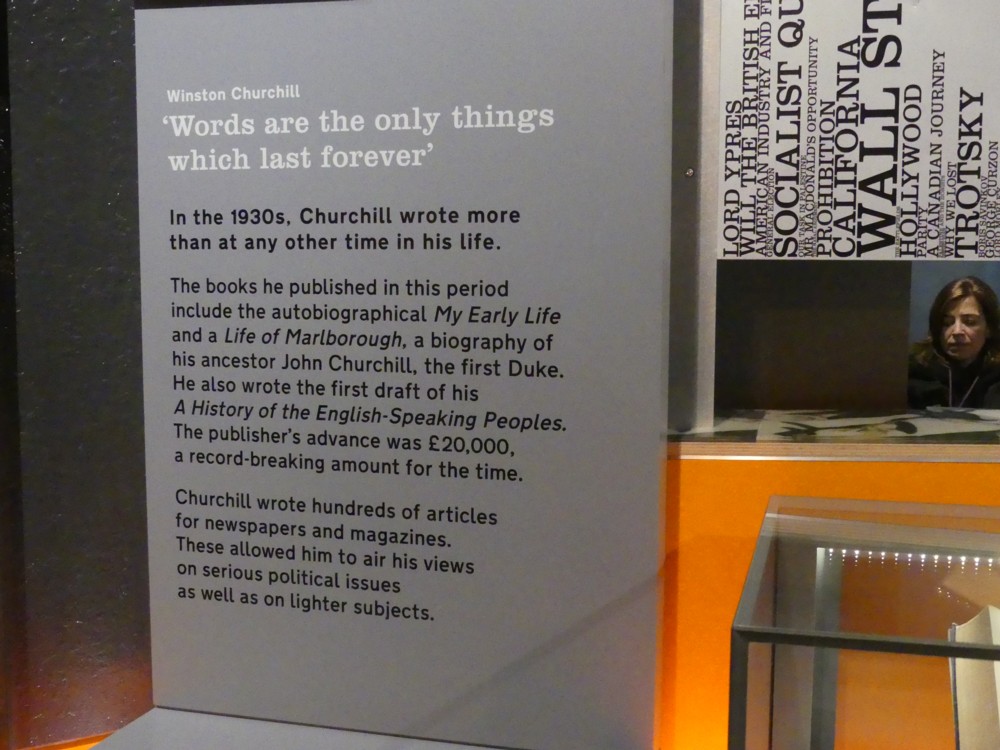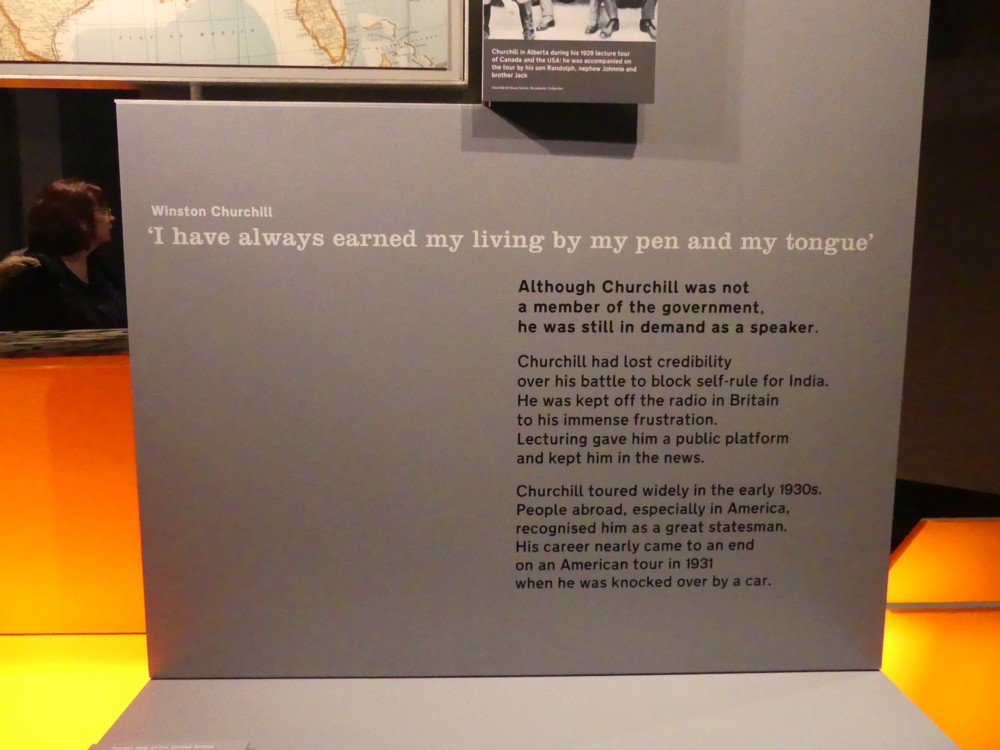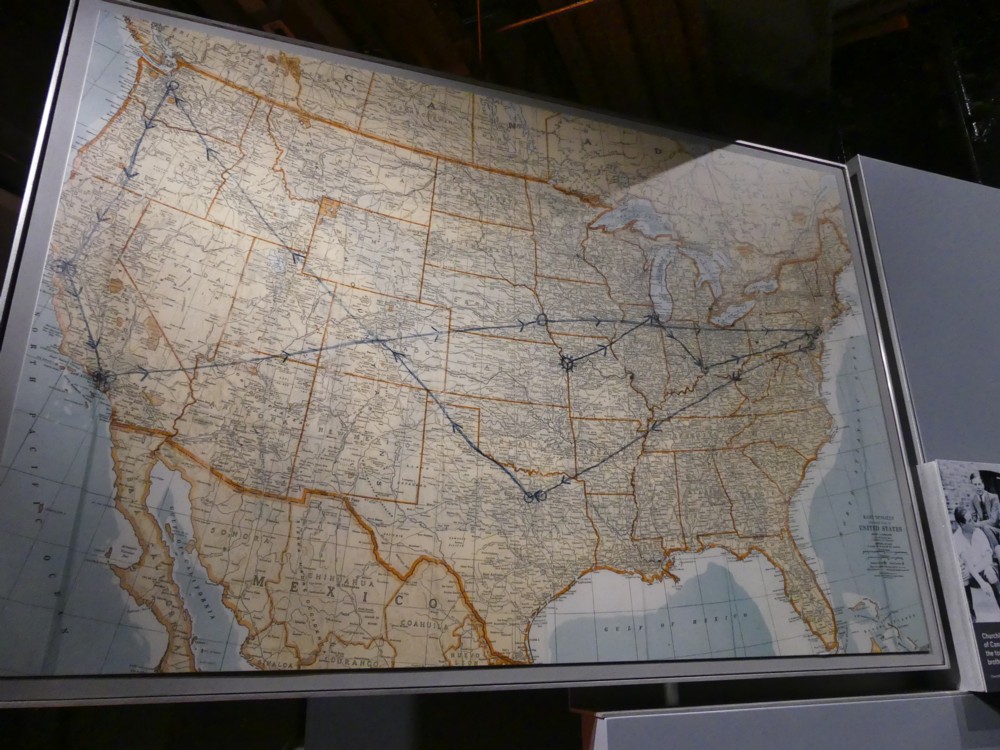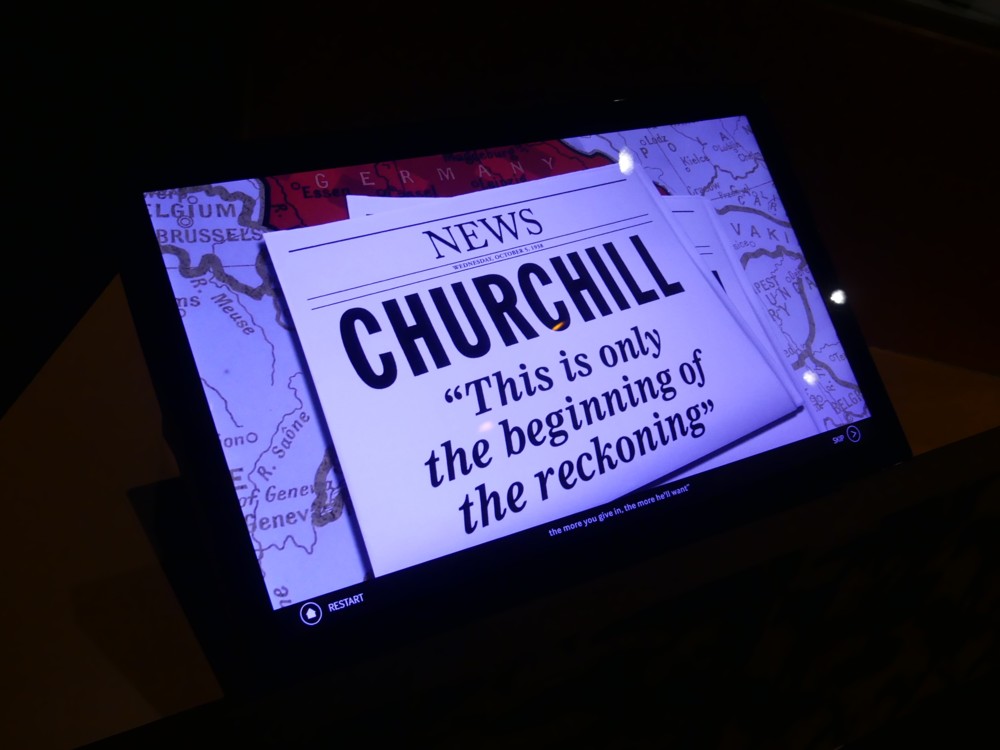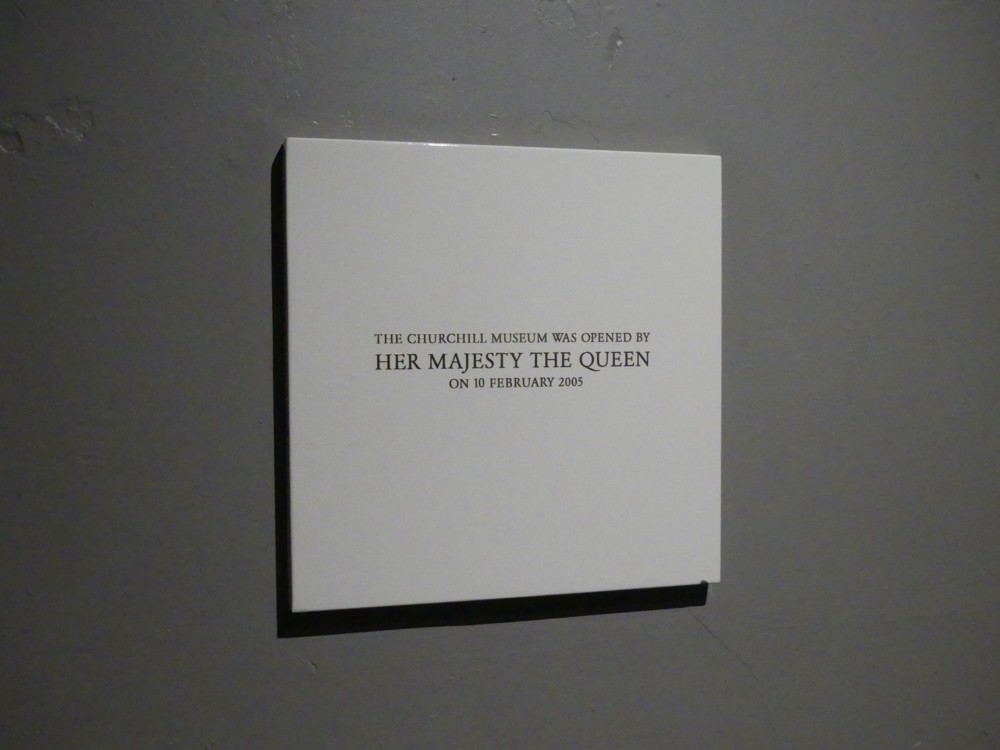The first test match between England and Pakistan could be a terrible disappointment, for England fan me. But, as I write this now, it could get special. England are chasing 277, I think it is, in the fourth innings. Pakistan got a first innings lead of over a hundred, but then got bowled out for only 169, so England appear to have a chance. It’s the morning of the fourth day now, so England have two days to get those runs. Nobody is at the ground watching, other than the players not out on the pitch and the ground staff and the TV and radio commentators. But it turns out that mere spectators at the ground aren’t necessary for test cricket to be thoroughly absorbing. Test cricket can be played in front of a live studio audience. But if it isn’t, nothing important seems to change.
Basically, if England start losing wickets now, as they well might according to what I’m hearing about plays and misses, then Pakistan will surely win later today, by quite a lot. If England can somehow hang about until tomorrow, they have a chance.
Oh dear. England one down already.
LATER:
England are nevertheless now hurtling towards their target.
LATER: Three quick wickets. England now four down and sinking fast. Shame. Looks like being all over today. The next LATER in this looks being that.
LATER: Well if you follow the first link at the top of this you will now know what a win this was for England, and with the final day not needed. Following those dots above, England lost a flurry of wickets and were at one point 117-5. But Buttler and Woakes turned it around, first by counter-attacking (that being why the final day was not needed) and then by, well, just batting. Buttler got out before the end, but Woakes stayed to the end.
The weird thing is: It would be logical if both Buttler and Woakes now got dropped. Buttler kept wicket very badly, and his batting has not usually been nearly this good. Woakes might be dropped if Stokes is fit to bowl. Given that Stokes actually did some bowling, he surely will be able to bowl. More likely though is that Buttler will stay, and they’ll hope he keeps better in the future. And Anderson will get dropped. Wibble wibble wibble. What the hell do I know? What a game.





